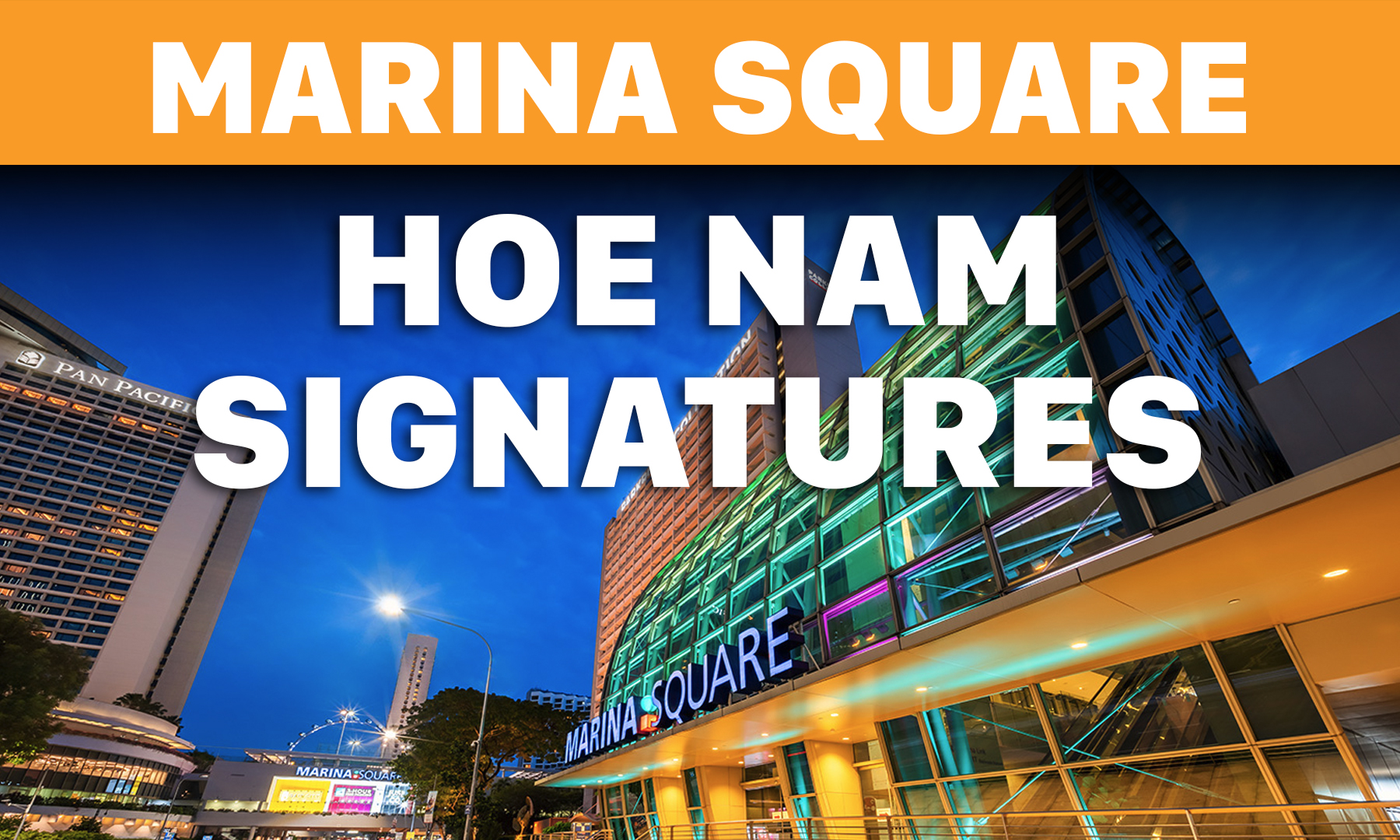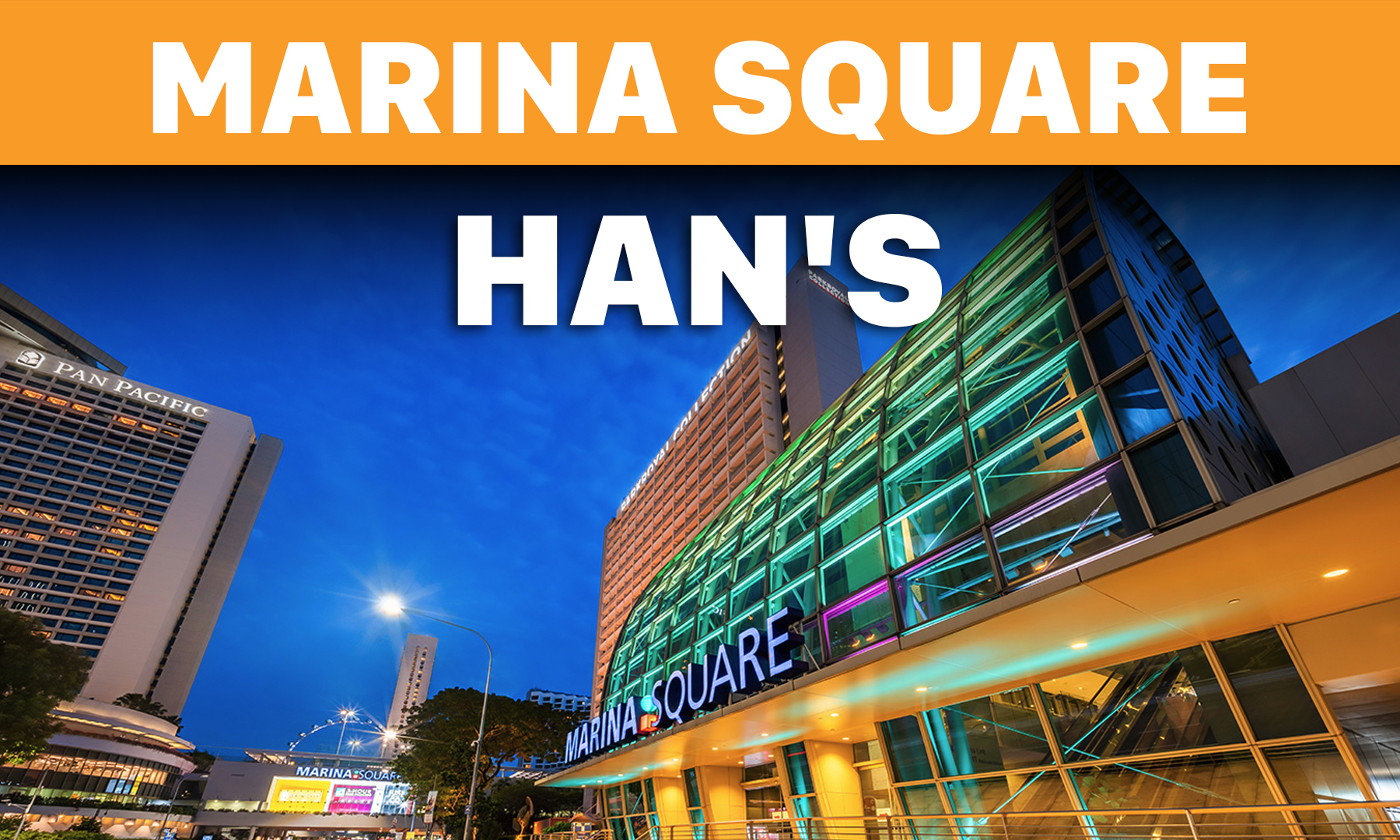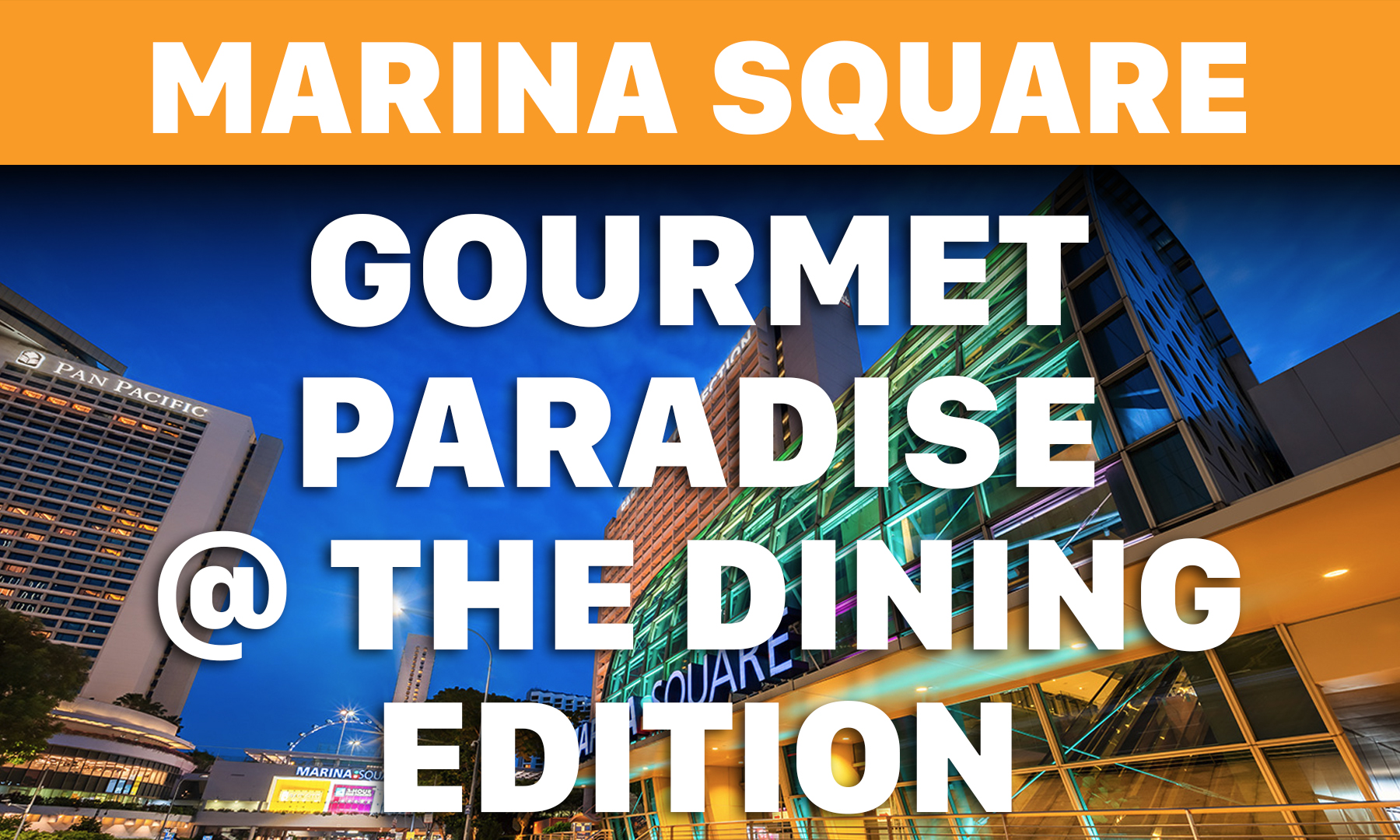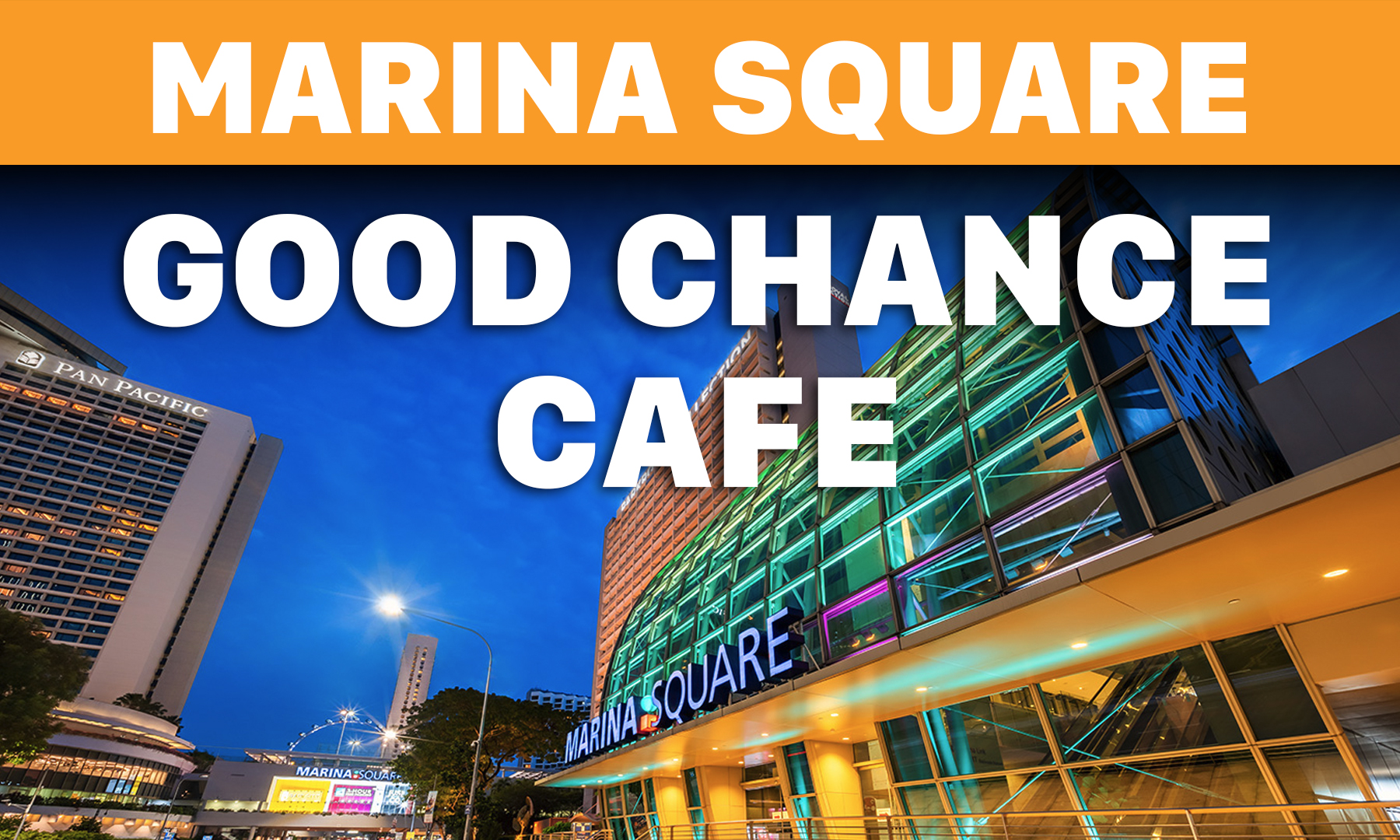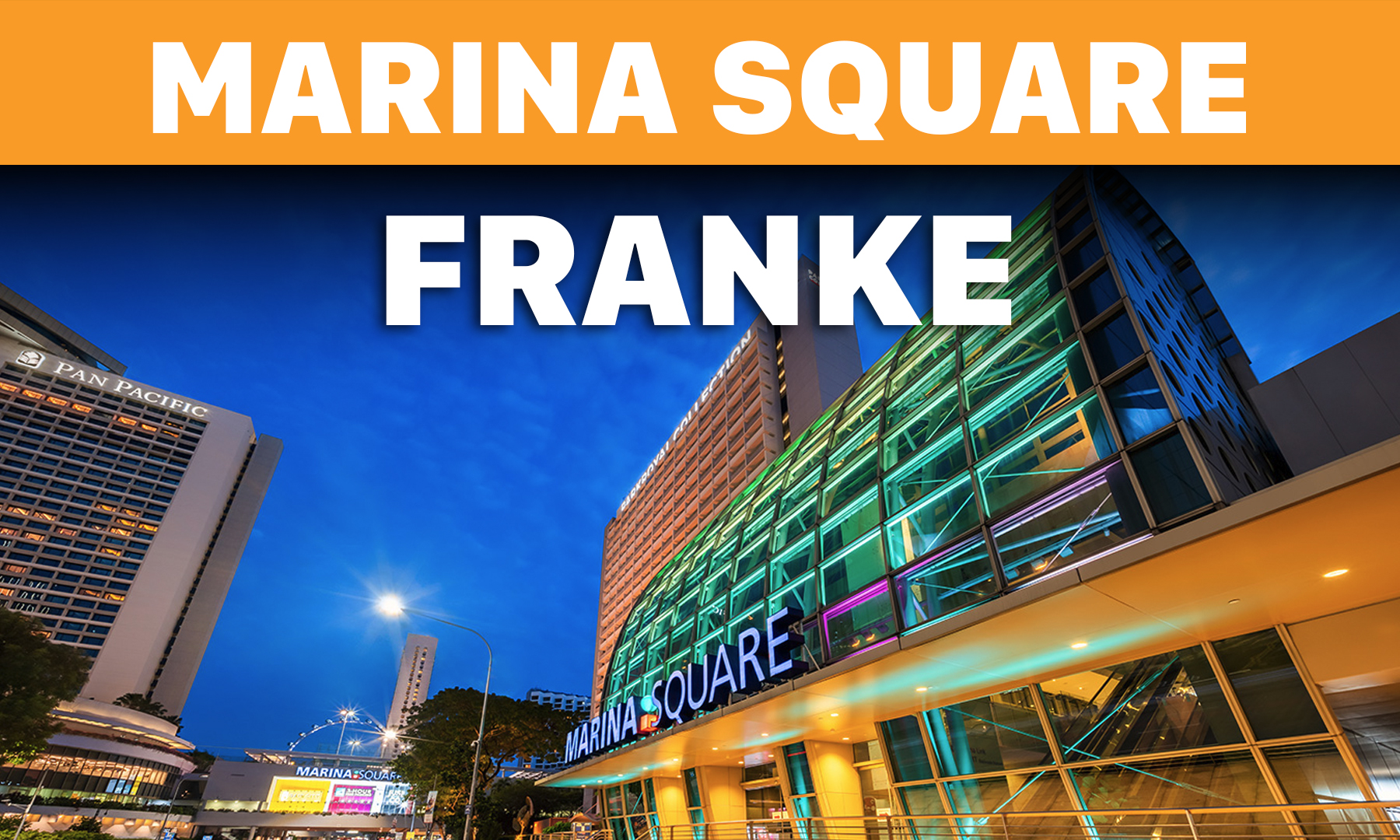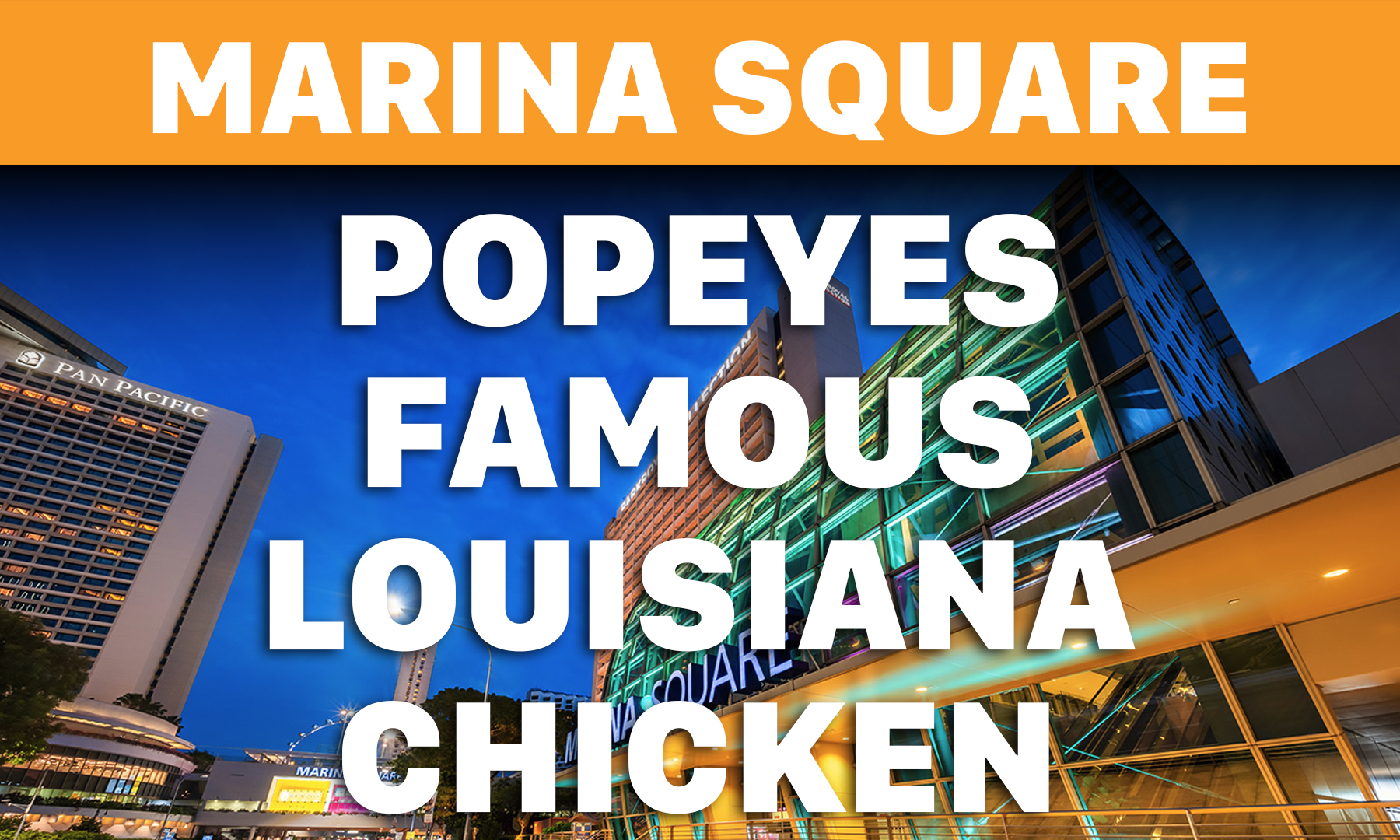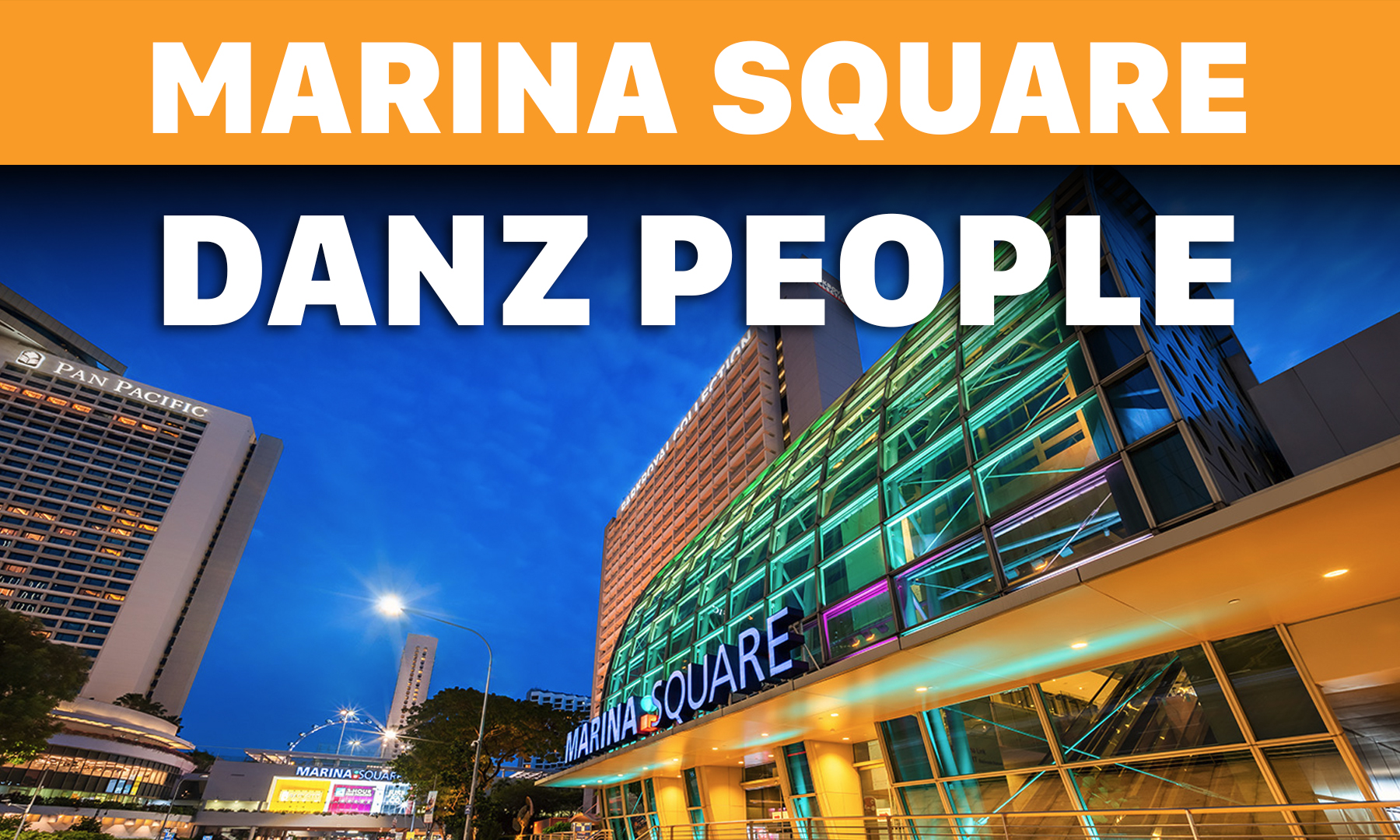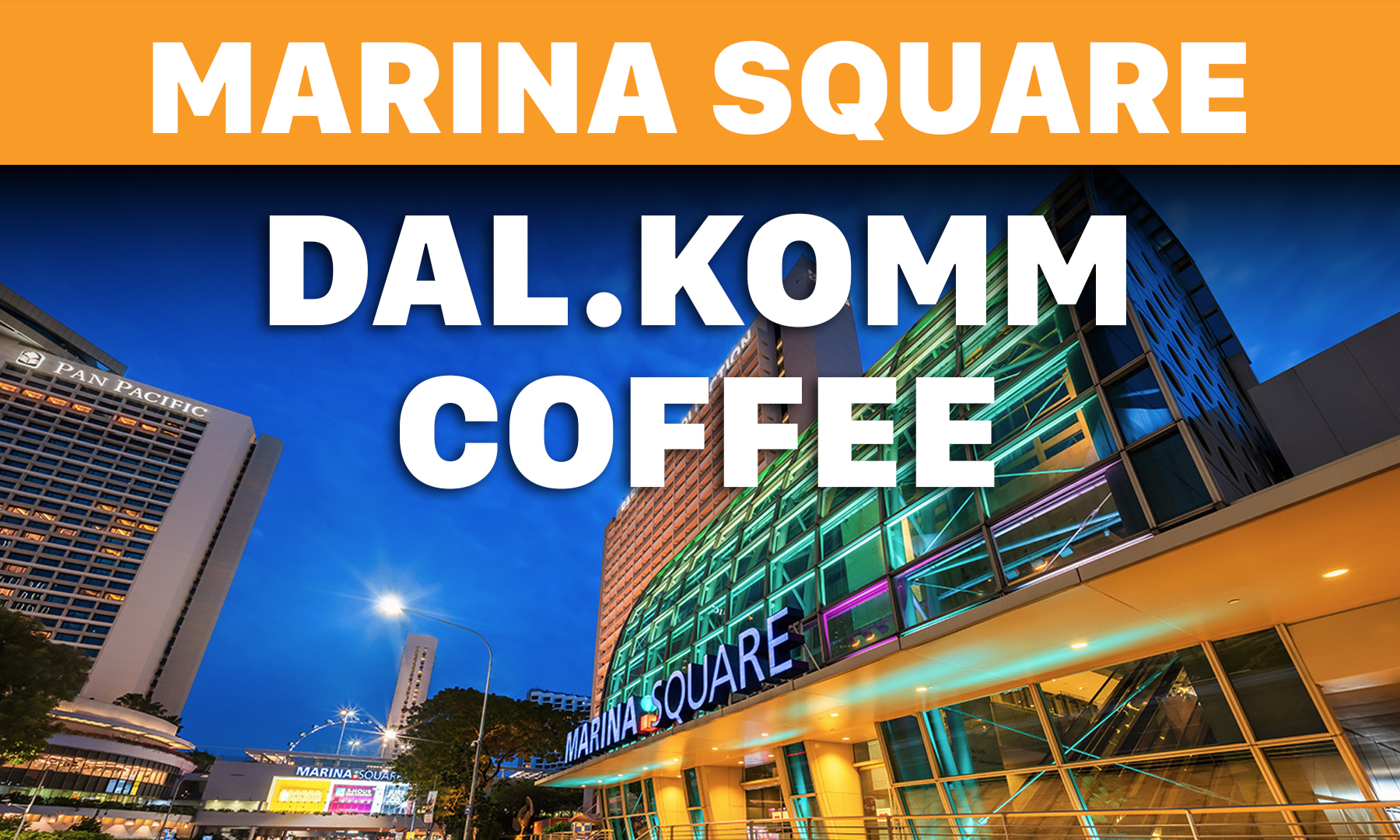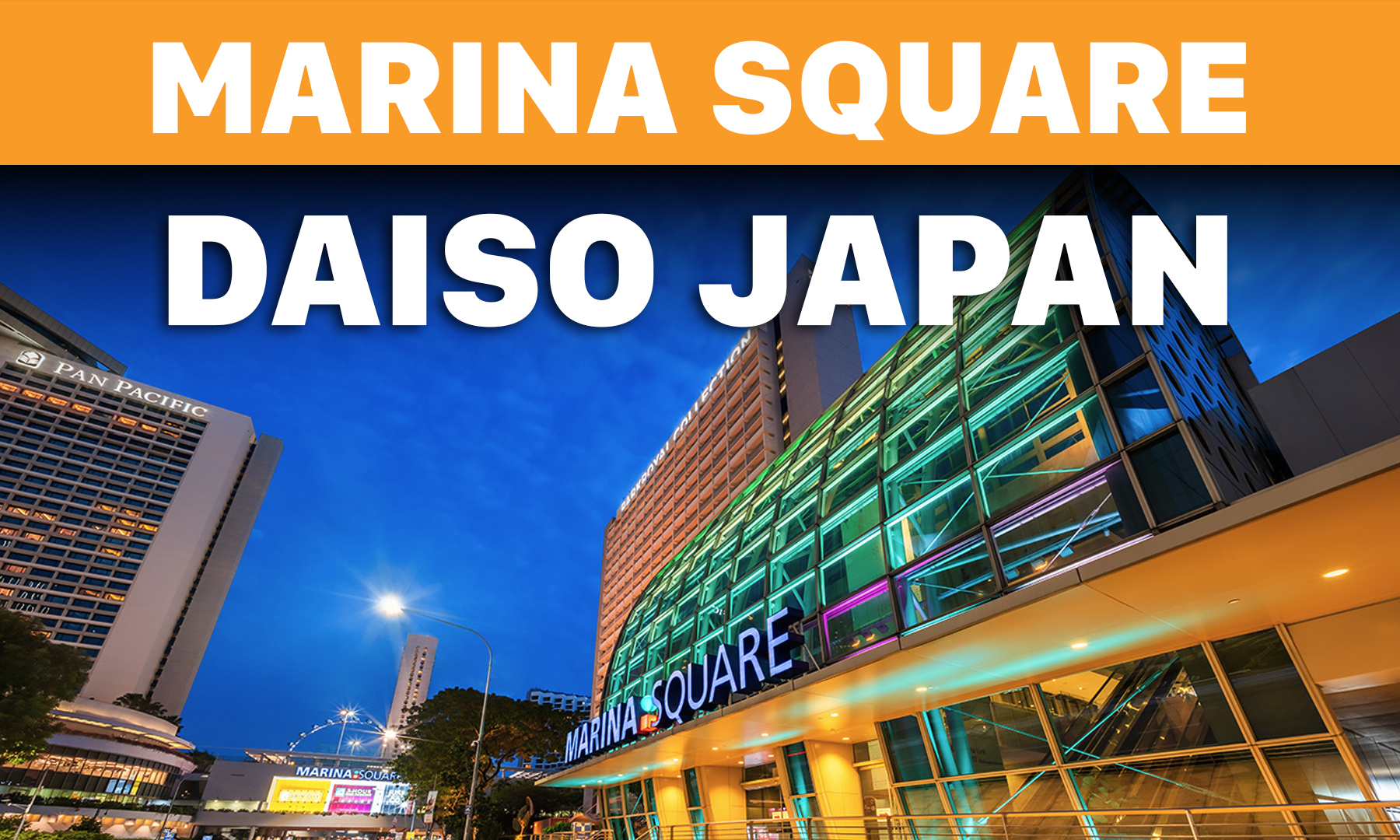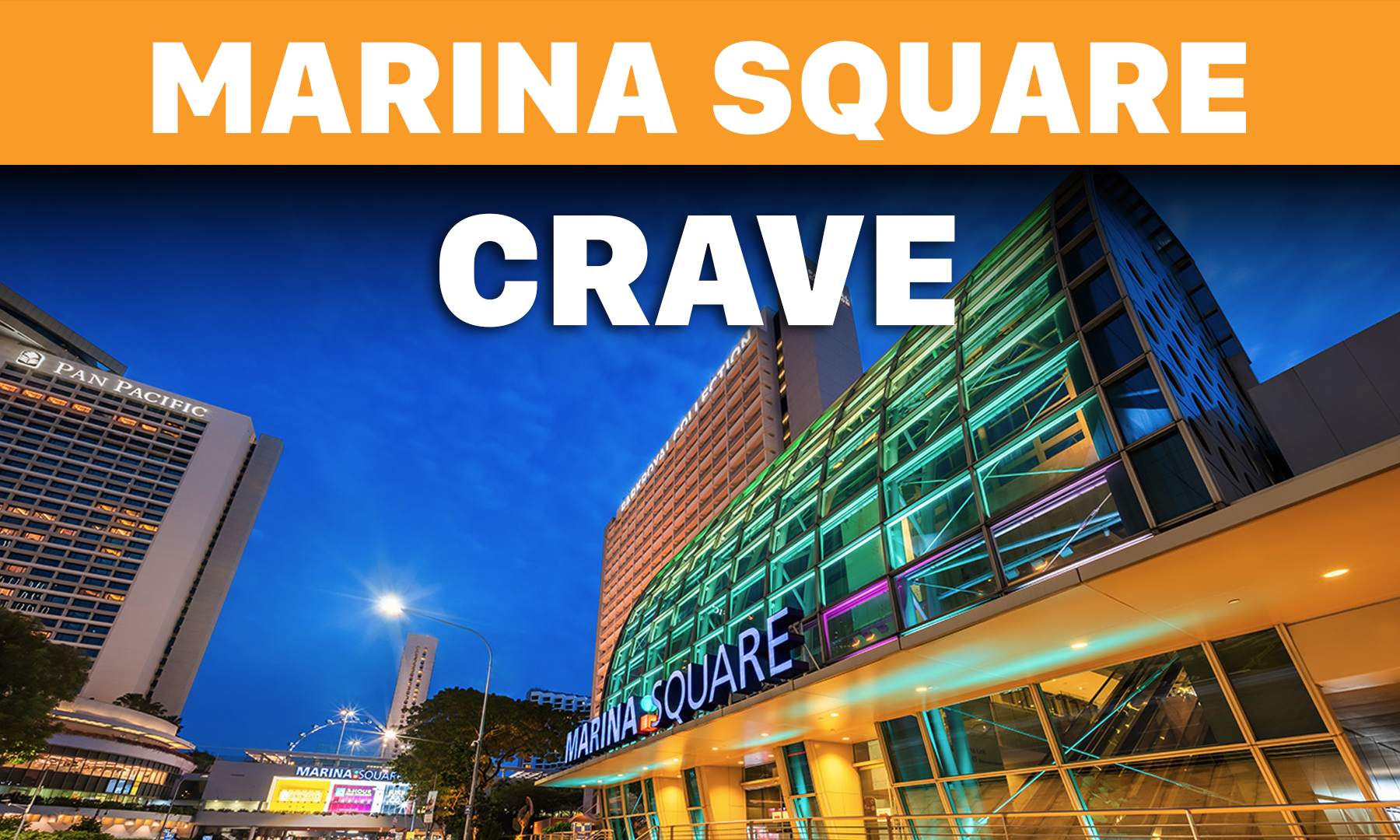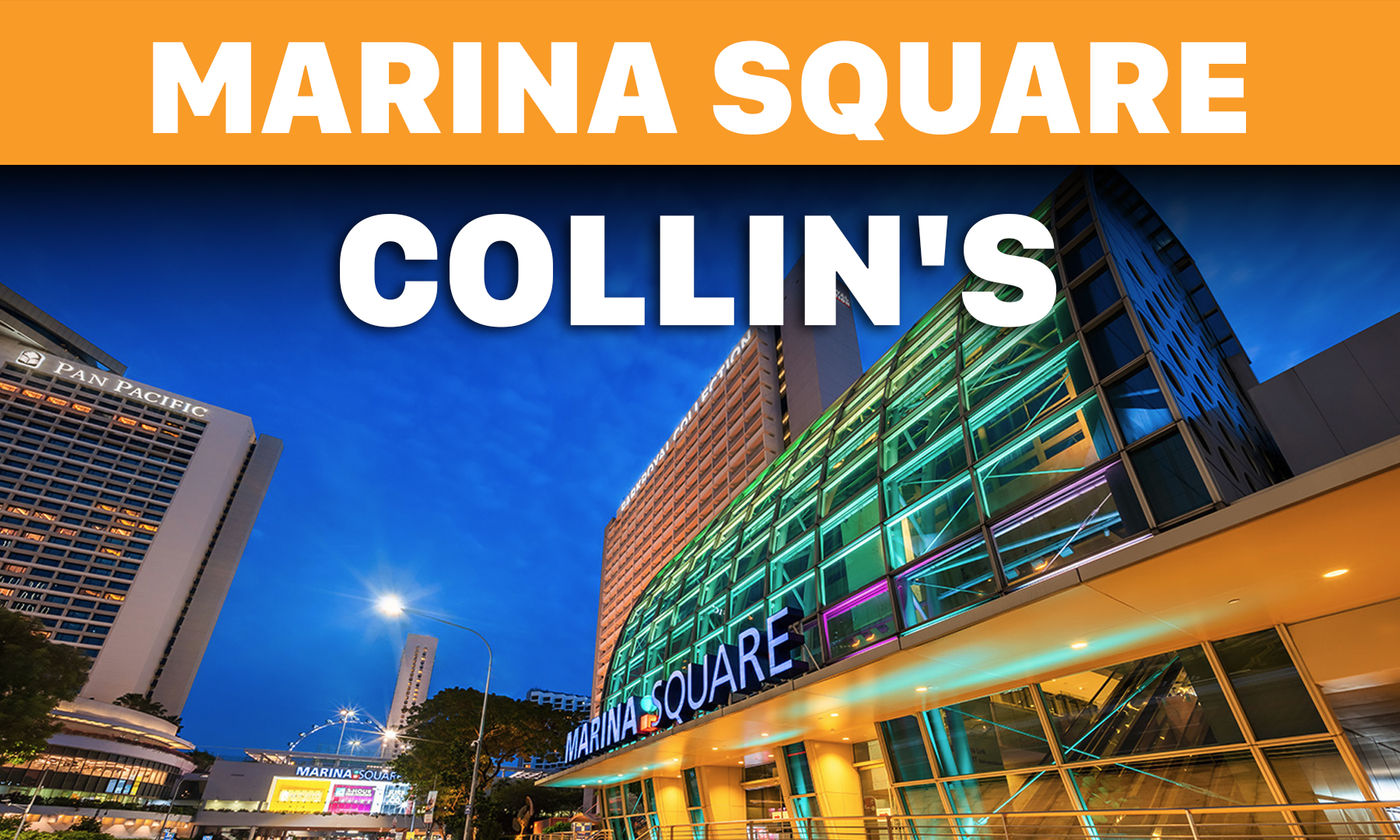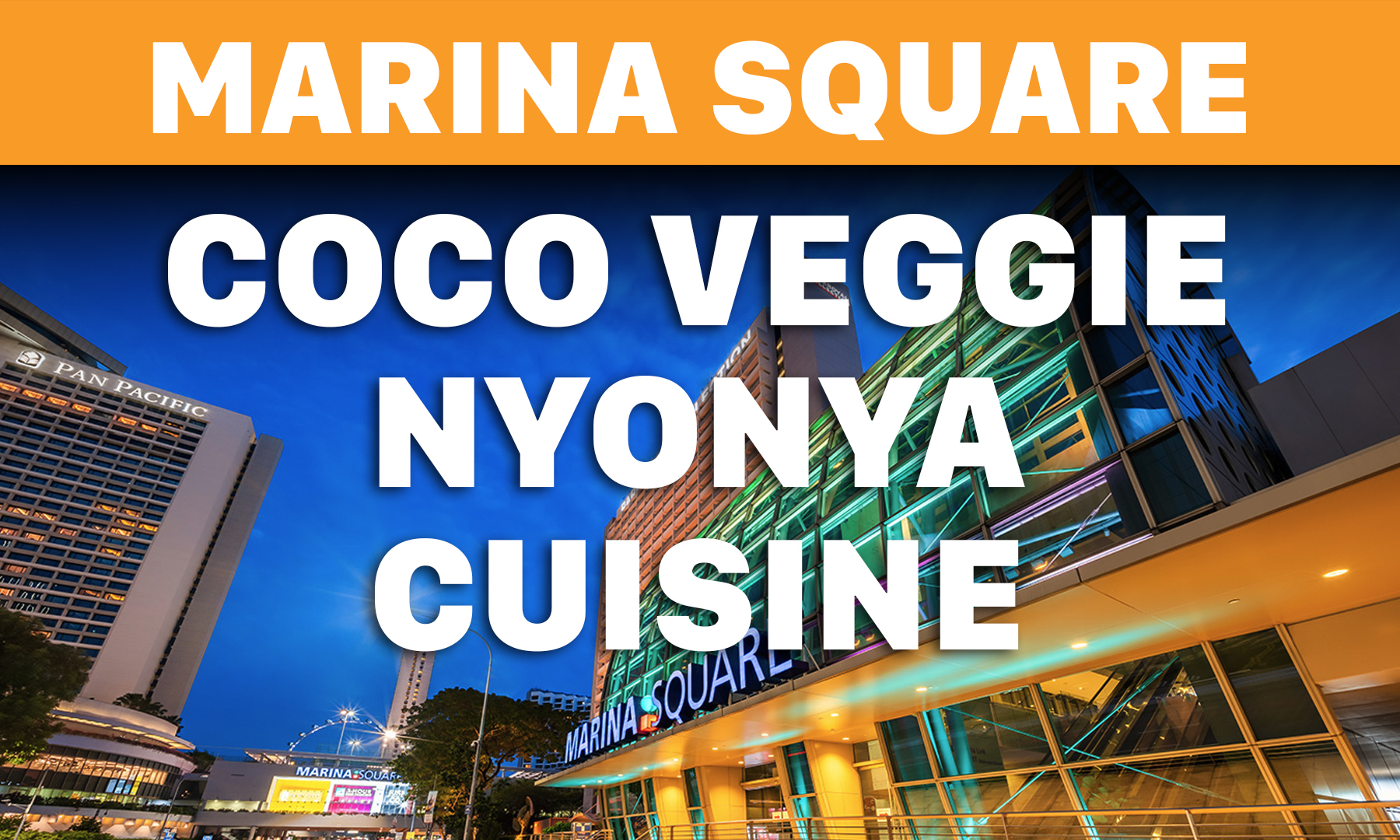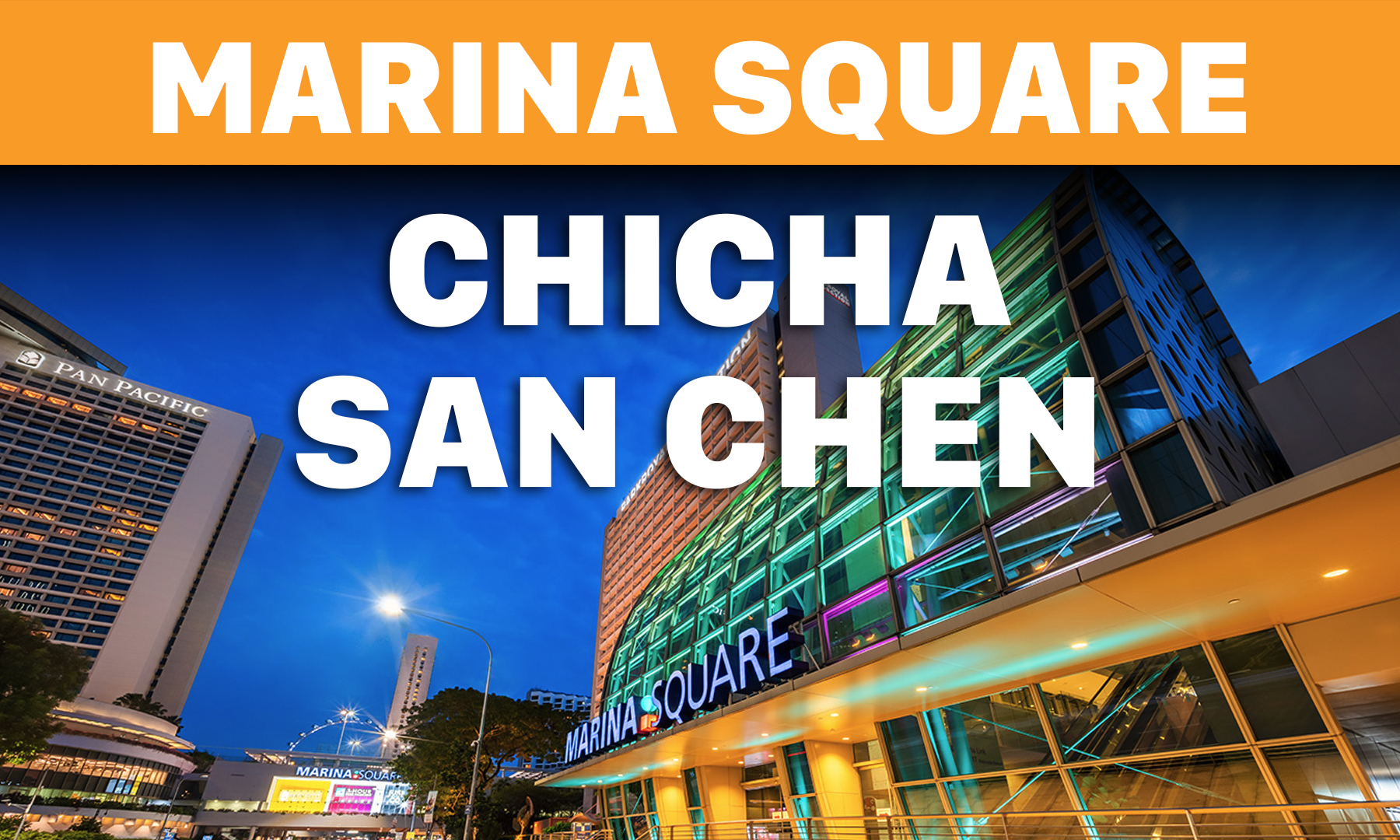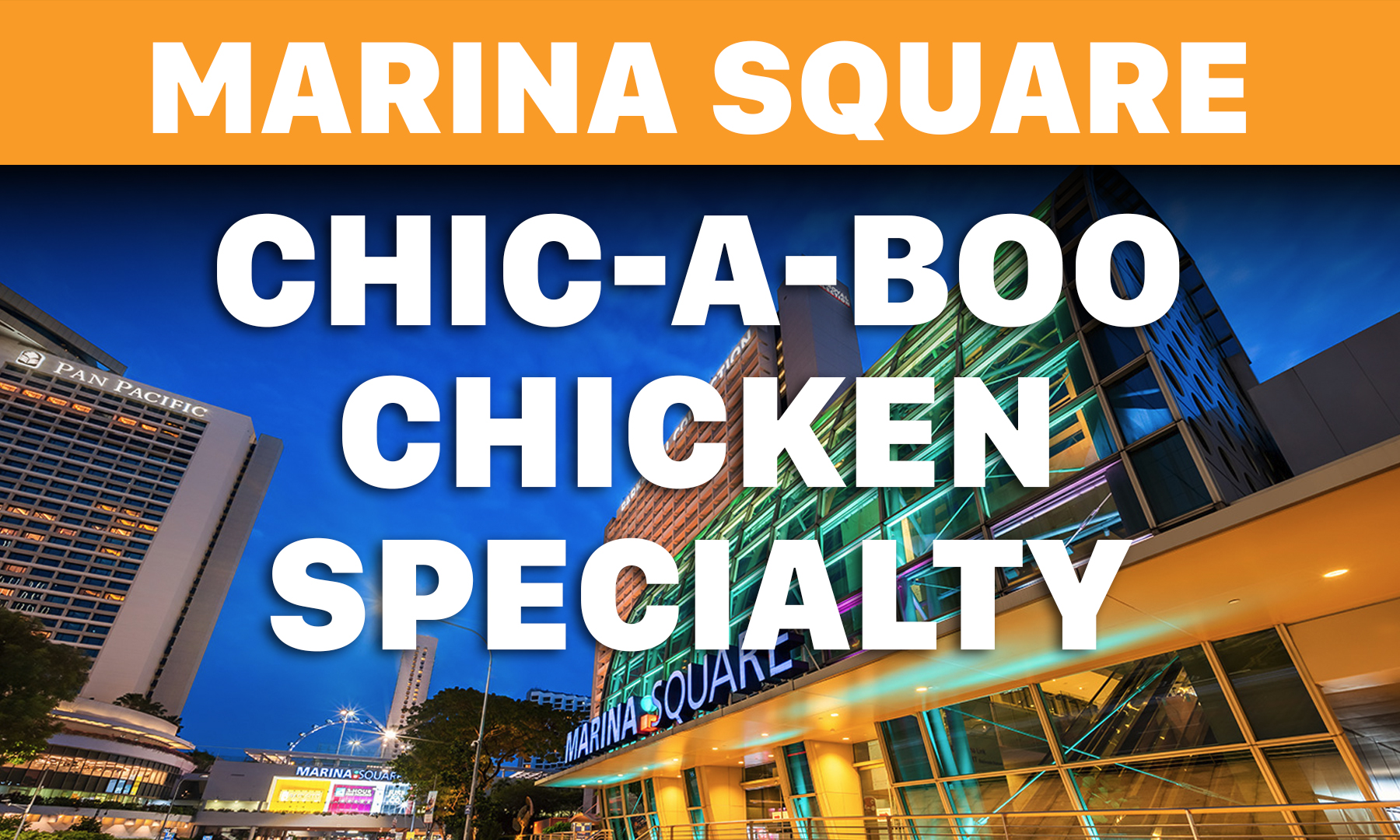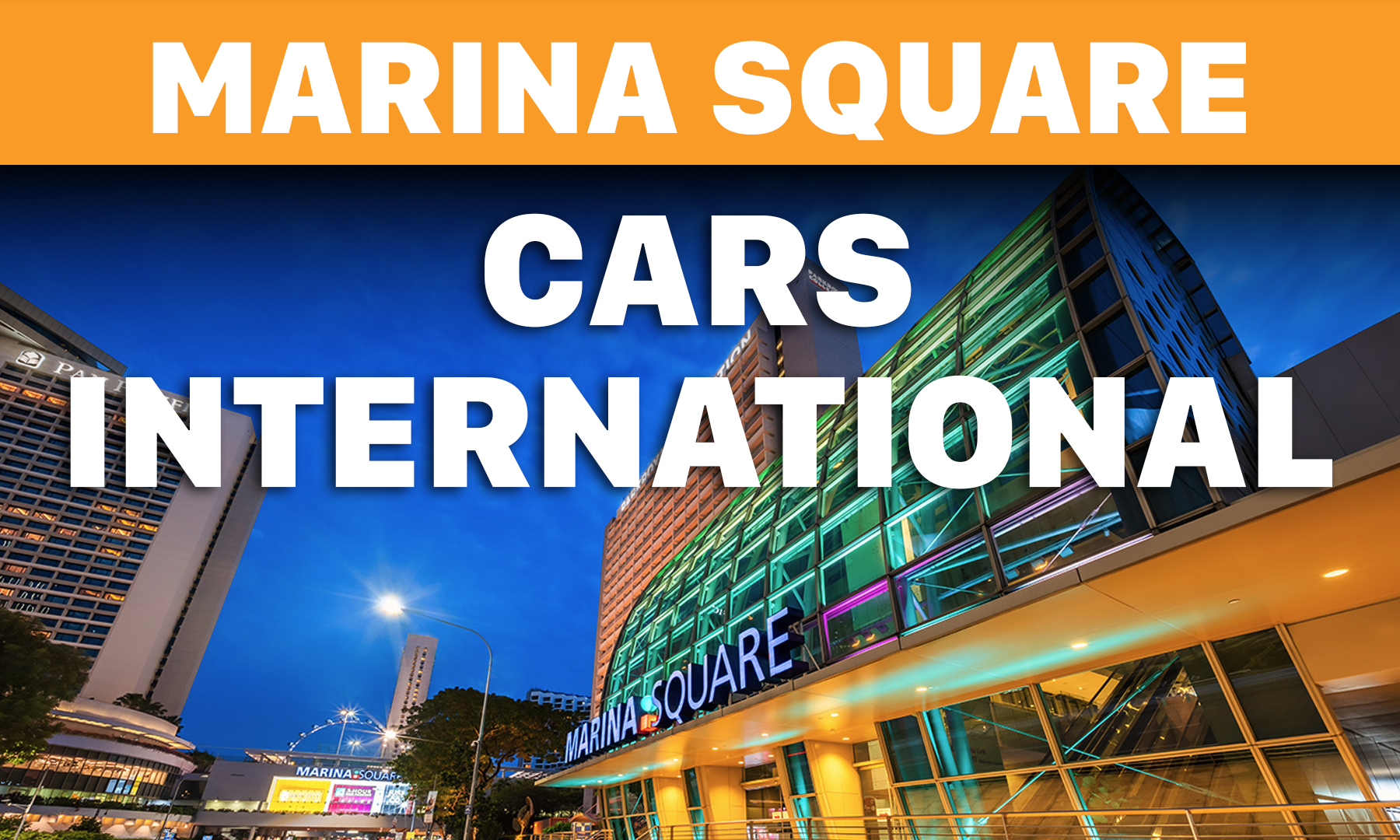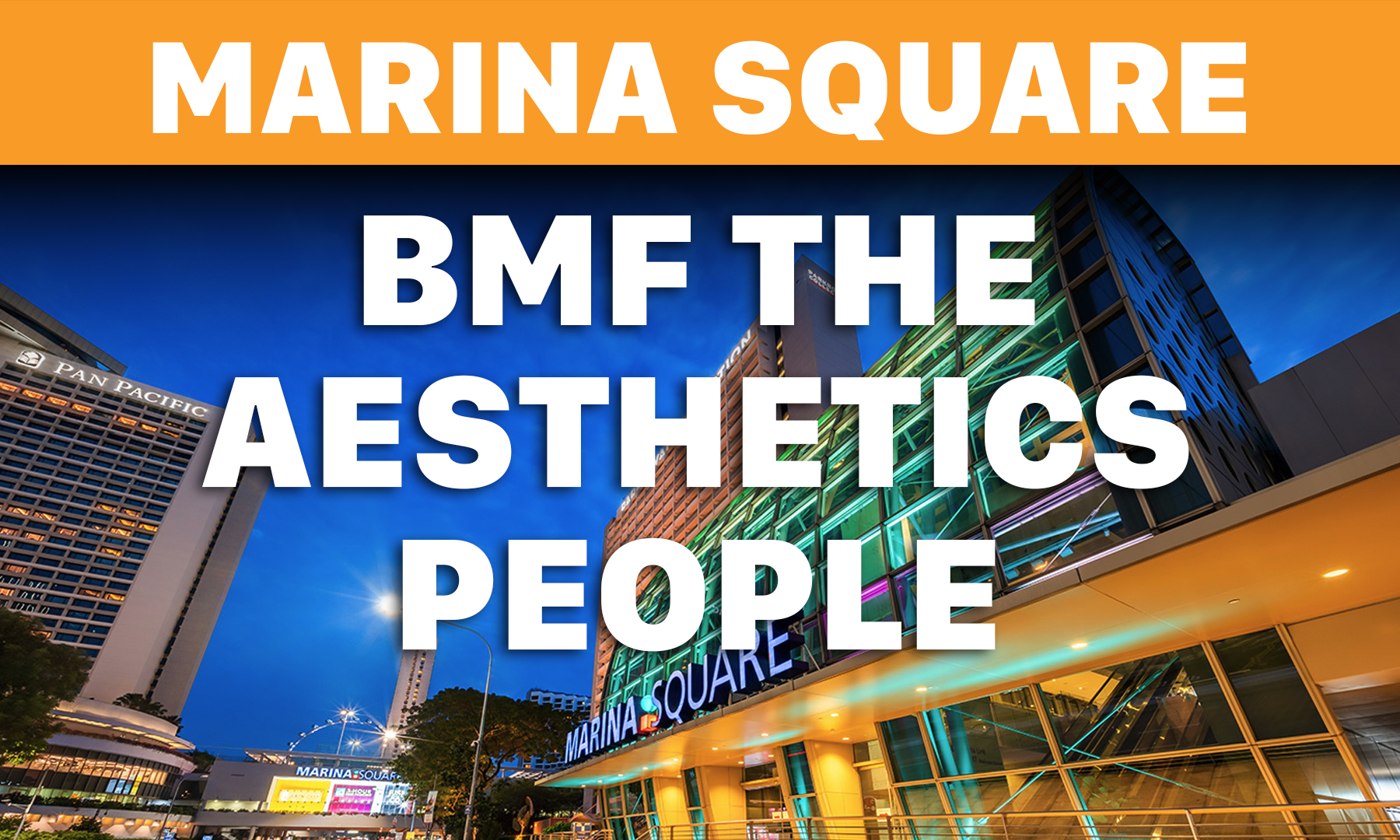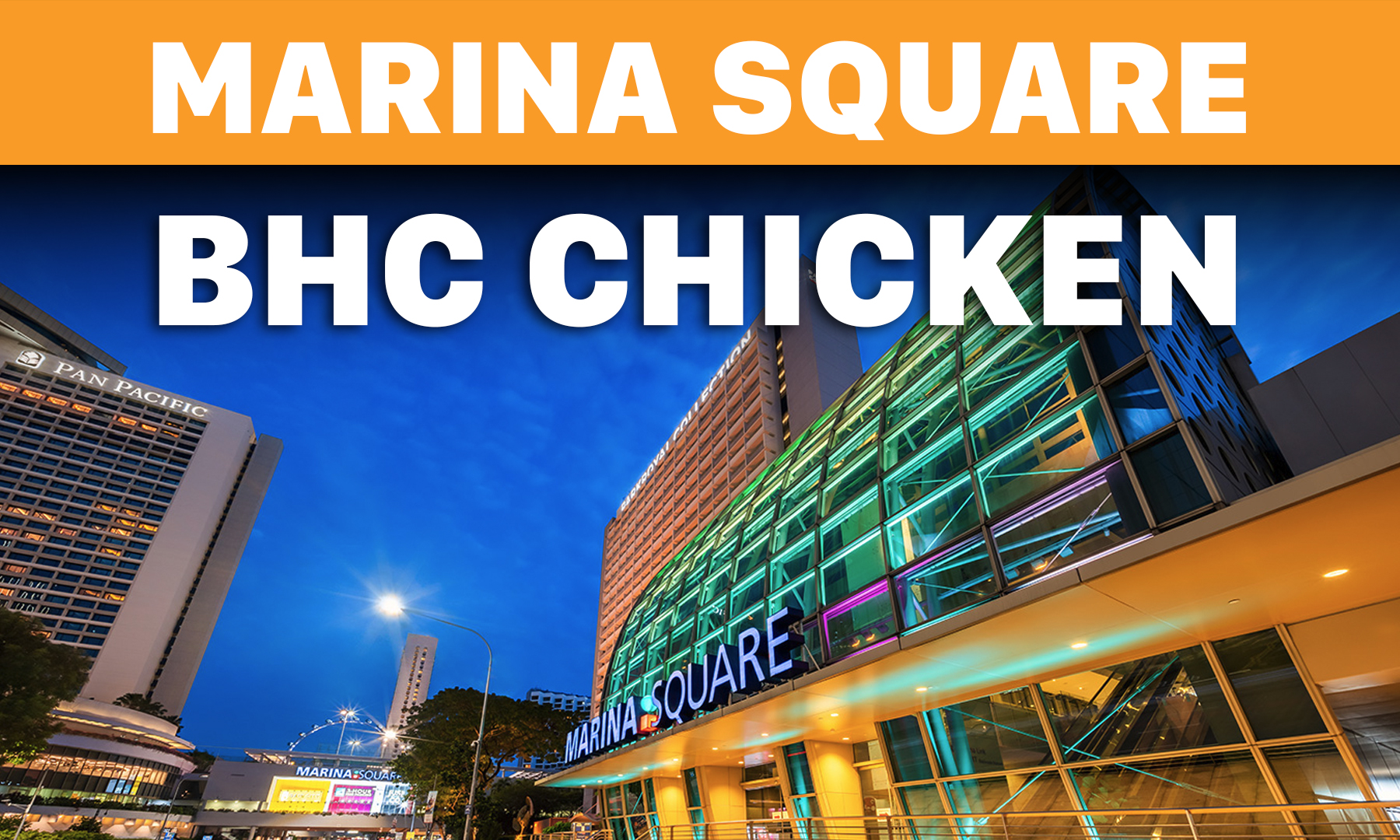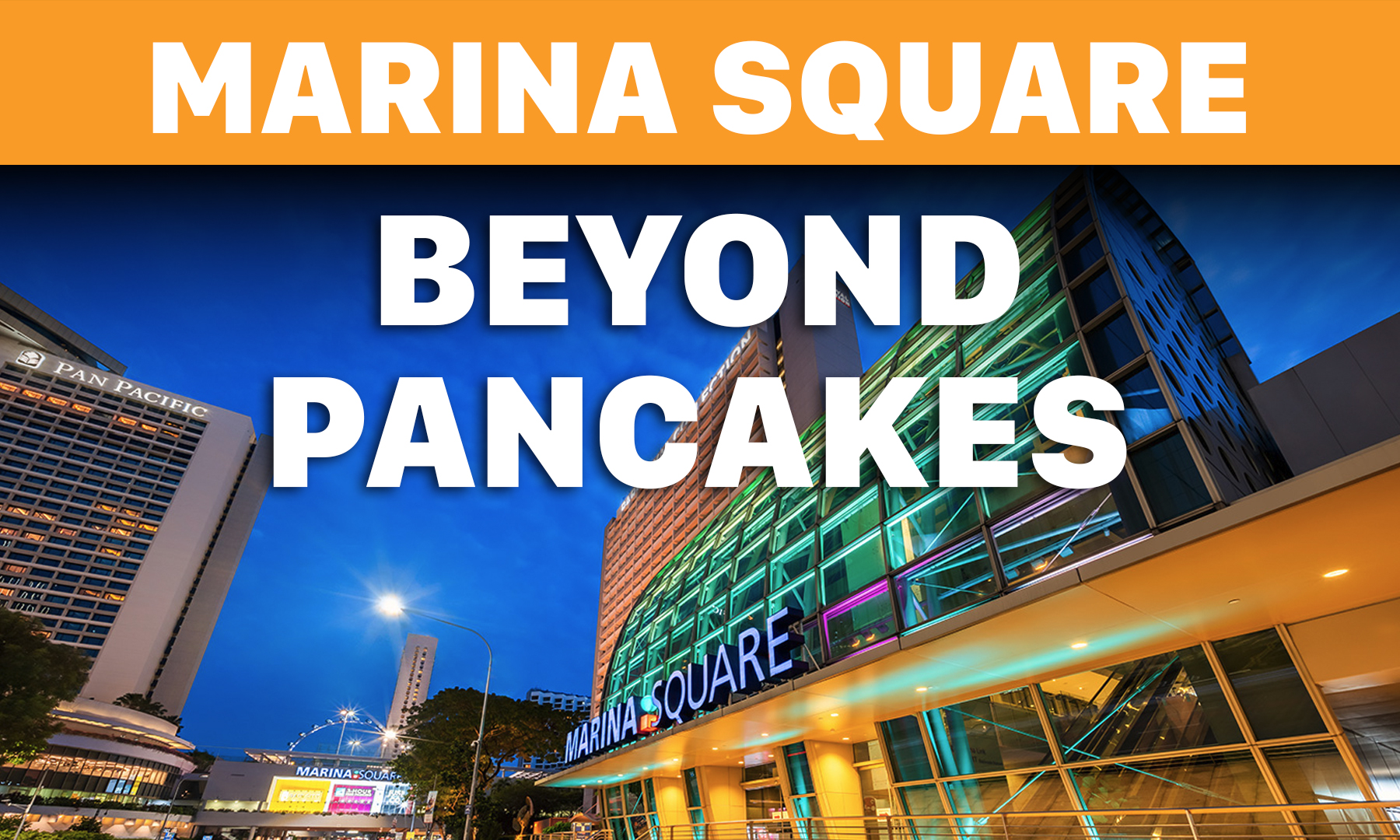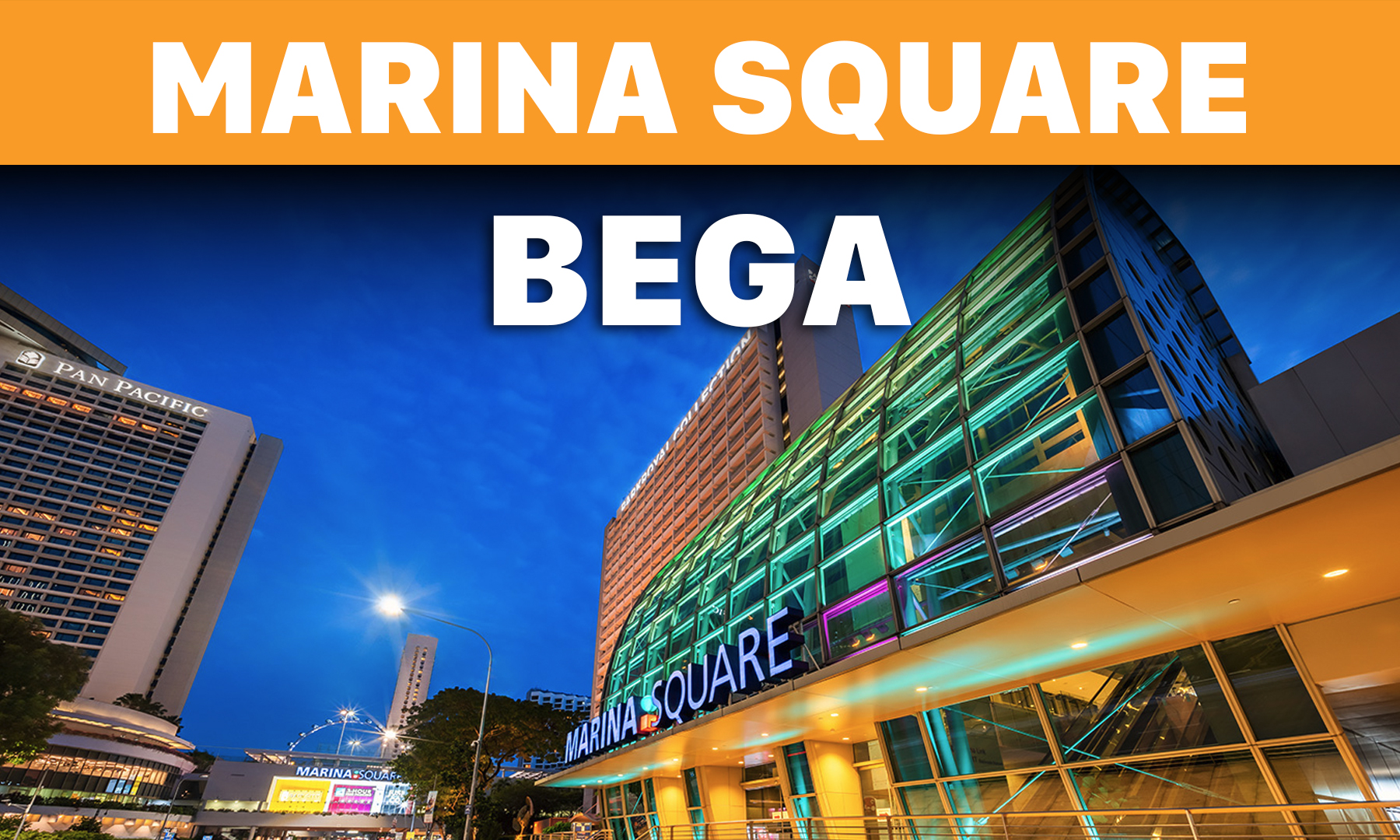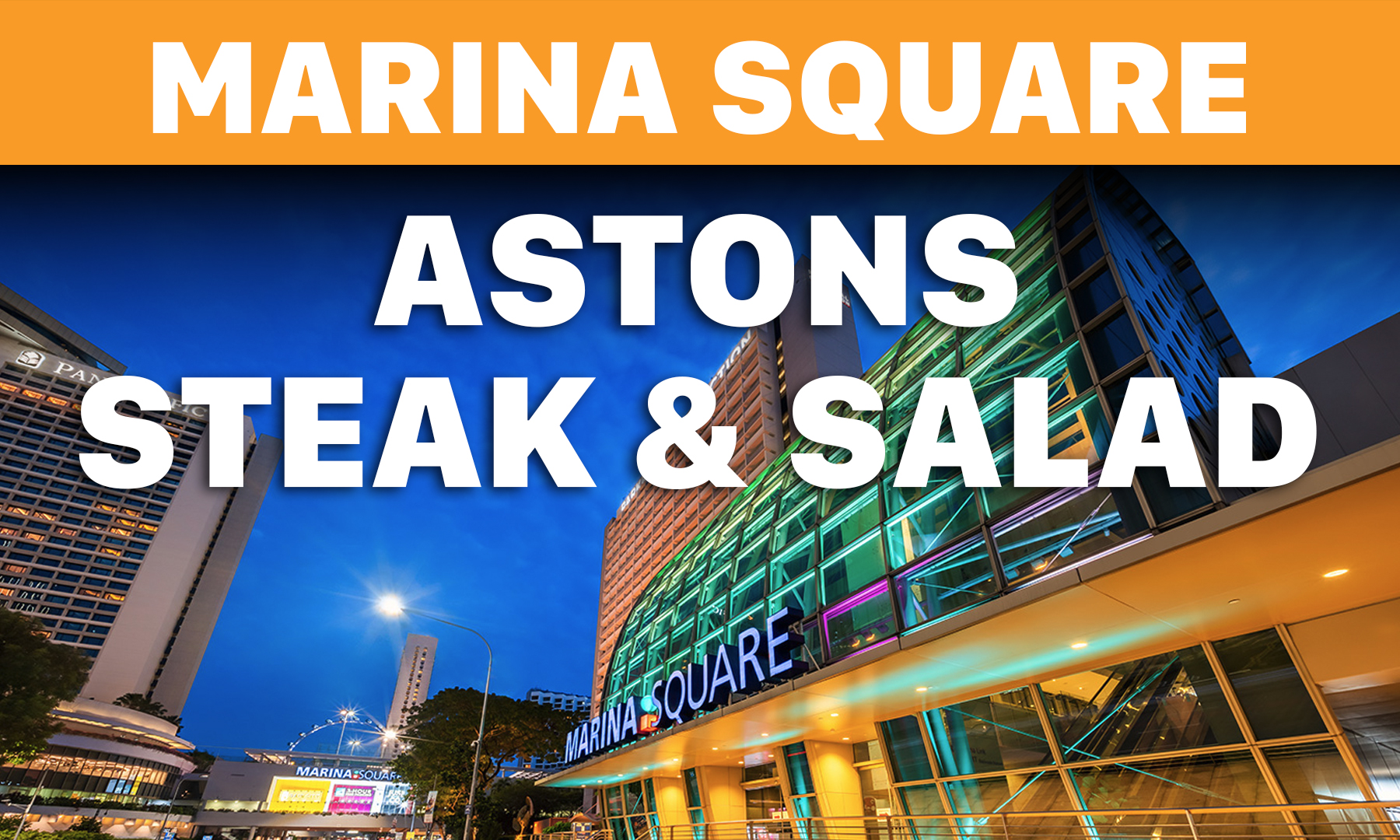Foods Prohibited Across the Globe

The snacks we savor in our own homeland may face bans just a border away. Each country enforces its own unique rules and regulations on food, leading to the curious phenomenon that your cherished food item might become contraband with the mere crossing of a border. The rationales behind these bans vary from toxic ingredients to conservation concerns and everything in between. Despite many of these foods being lucrative globally, countries are resolute in upholding their restrictions. Take a glance through this compilation to discover some of the most contentious banned foods.
1. Fruit Loops
Banned in: Norway, France, Finland, and Austria
Reason: Excessive Artificial Colors
Estimated Global Sales: $269.1 million in 2021*

The North American penchant for breakfast cereals loaded with sugar and minimal nutritional value is well-known. Among these cereals, Fruit Loops reigns as one of the most beloved. However, several European nations, including Norway, France, Finland, and Austria, have opted to outlaw this vibrant breakfast classic due to scientific studies linking its artificial colors to potential complications in cell development.
2. Rare Burgers
Banned in: New Zealand & parts of the U.K.
Reason: Risk of Bacterial Contamination
Estimated Global Sales: $6 billion in Burger King sales for 2020*

True beef enthusiasts often insist that the only way to enjoy a burger or steak is when it's "walking off the plate." However, in certain countries like New Zealand and parts of the U.K., carnivores with a preference for rare or undercooked meat may find themselves disappointed. These bans aim to prevent potential high levels of bacteria in undercooked beef. Those craving a rare steak can always buy quality meat from a butcher and prepare it at home.
3. Kebabs
Banned in: Venice
Reason: Detrimental to Cultural Image
Estimated Global Sales: $2 billion per year for German Doner Kebab, a major producer

The diverse array of international foods available in many cities contributes significantly to their culinary identity. A city's food scene plays a vital role in shaping its character. However, in Venice, kebabs have been prohibited due to their reputation as cheap, easy-to-make fast food that can mask the actual taste of the meat with copious amounts of sauce. This ban stems from the belief that low-quality fast food tarnishes the city's image.
4. Chewing Gum
Banned in: Singapore
Reason: Promotes Cleanliness
Estimated Global Sales: $105 billion per year*

For many, chewing gum serves as a quick remedy to freshen breath before important meetings or dates. However, in Singapore, chewing gum has been banned since 1992 as part of efforts to maintain cleanliness in the streets. While there are exceptions for public gum chewing with a medical prescription, unauthorized gum possession can result in severe penalties, including up to 2 years in prison or fines of up to $100,000.
5. Fat-Free Chips
Banned in: The United Kingdom & Canada
Reason: Gastrointestinal Side Effects
Estimated Global Sales: $555.9 billion per year for the global chips market*

Fat-free potato chips were introduced as a healthier alternative to their greasy, salty counterparts. However, these chips contain olestra (Olean), which, while adding no fat, cholesterol, or calories, can cause stomach cramps, excessive gas, and diarrhea in frequent consumers. As a result, the Canadian and U.K. governments have chosen to prohibit them.
6. Mac and Cheese
Banned in: Norway, Austria, and the European Union
Reason: Harmful Coloring Agents
Estimated Global Sales: $4.5 billion per year for Kraft*

Mac and Cheese is a popular lunch choice for North American children, known for its boxed versions containing cheese powder. However, in the European Union, Austria, and Norway, these boxed products have been banned due to the presence of harmful coloring agents. To continue sales in Europe, Kraft Heinz Co. has removed Yellow 5 and Yellow 6 from its Mac & Cheese.
7. Various Brands of French Fries
Banned in: Austria, Singapore, and the U.K.
Reason: Azodicarbonamide Content
Estimated Global Sales: $15.1 billion per year*

Keeping a bag of frozen french fries in your home freezer has become increasingly common. These fries have a long shelf life attributed to azodicarbonamide, which has raised concerns about potential complications for individuals with asthma. Consequently, this chemical compound and foods containing it have been banned in Austria, Singapore, and the United Kingdom.
8. Kinder Surprise Eggs
Banned in: United States
Reason: Choking Hazard
Estimated Global Sales: $5.9 billion per year*

In 2018, a significant event unfolded in the United States, impacting the future of an entire generation of American children. For the first time in 50 years, Kinder Joy eggs made by Ferrero were legalized in the U.S. These chocolate eggs had been banned due to concerns that the toys inside posed choking hazards. The more popular Kinder Surprise eggs, however, remain prohibited across the U.S. due to continued safety concerns.











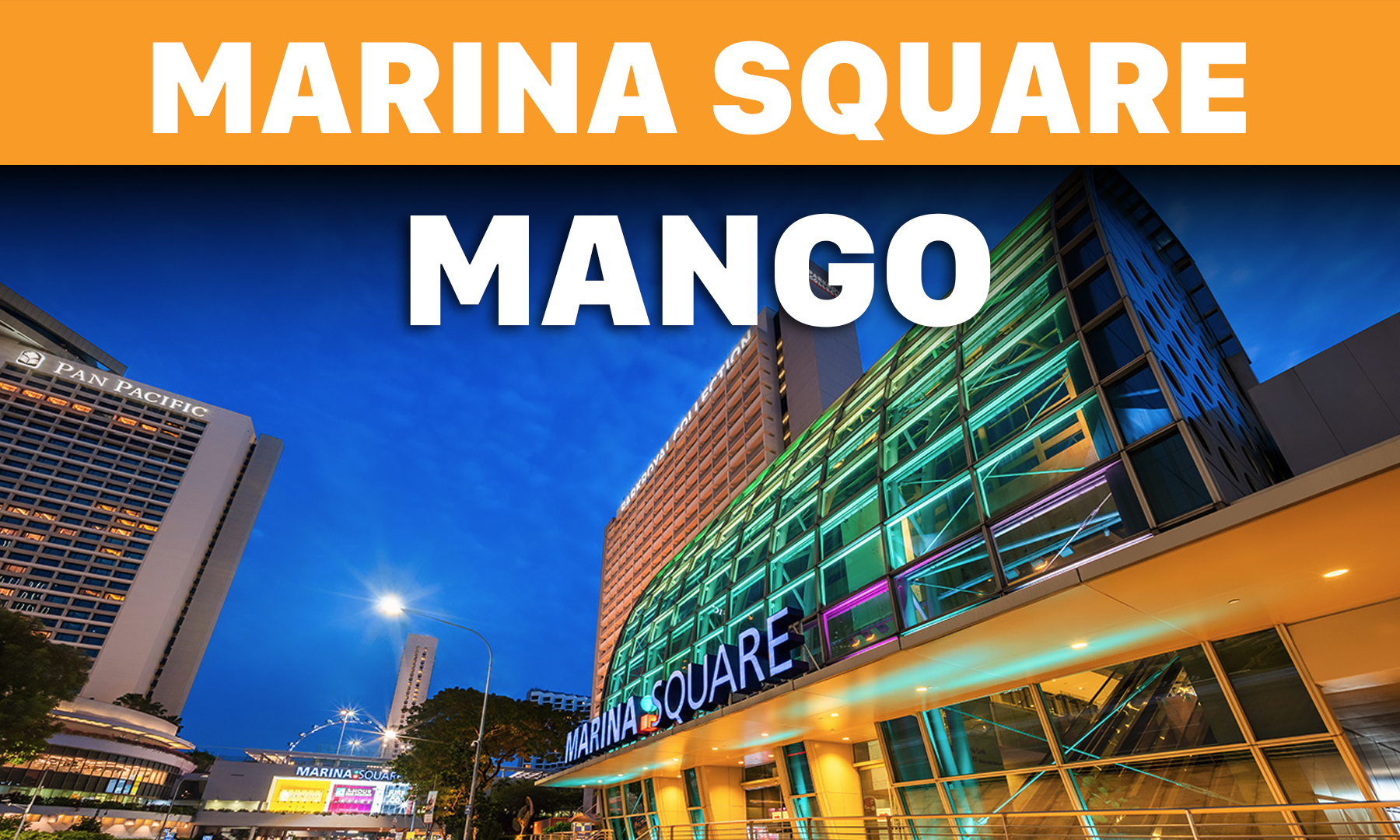


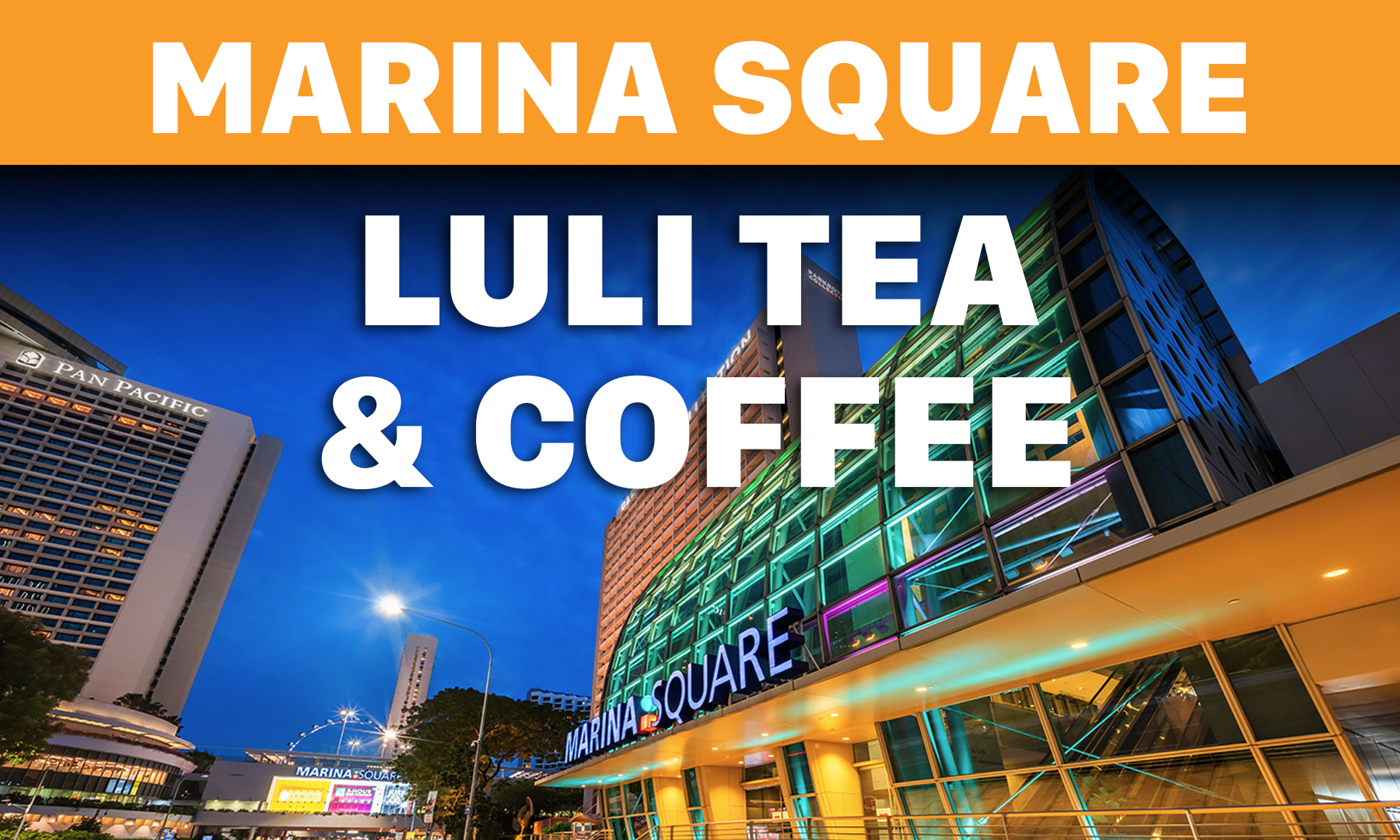
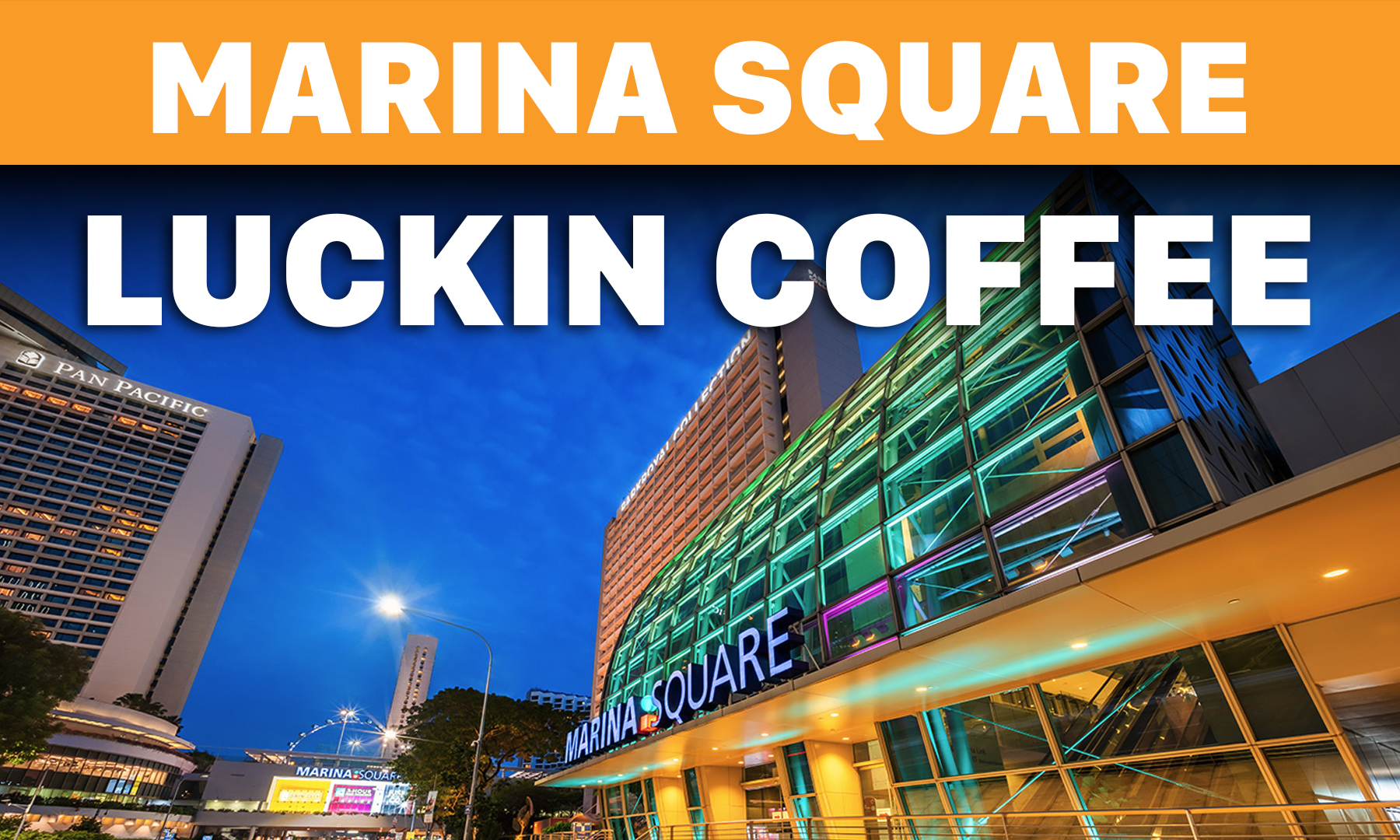
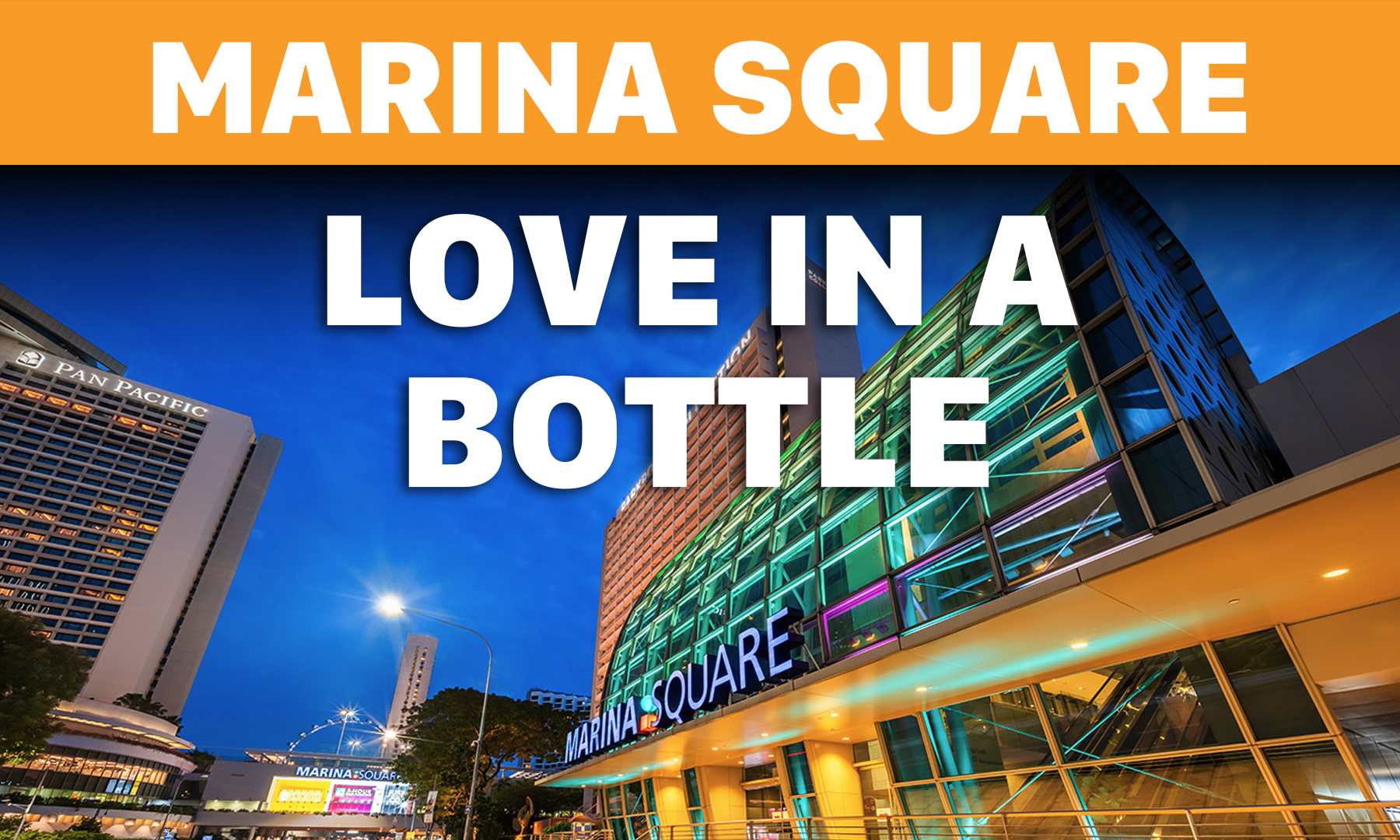
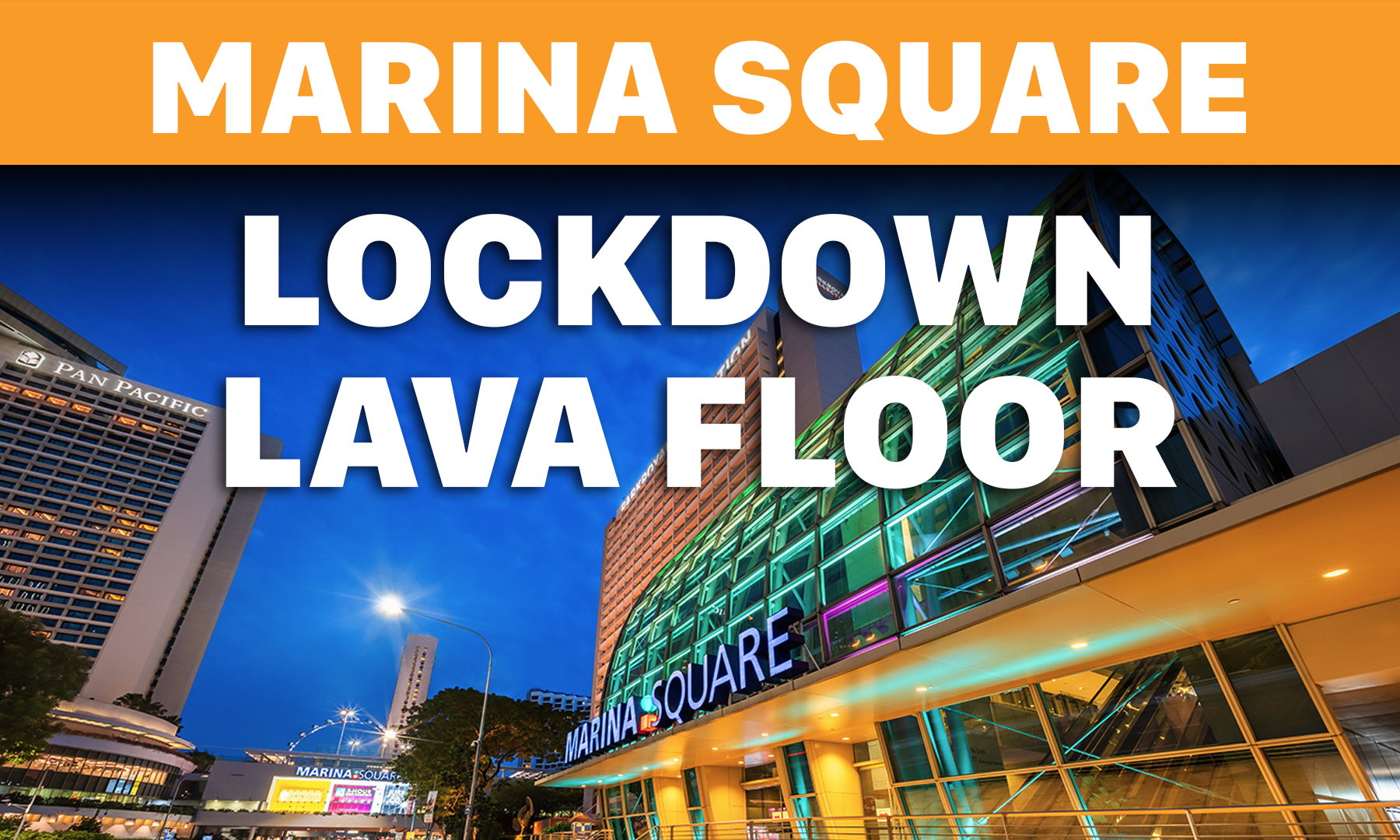



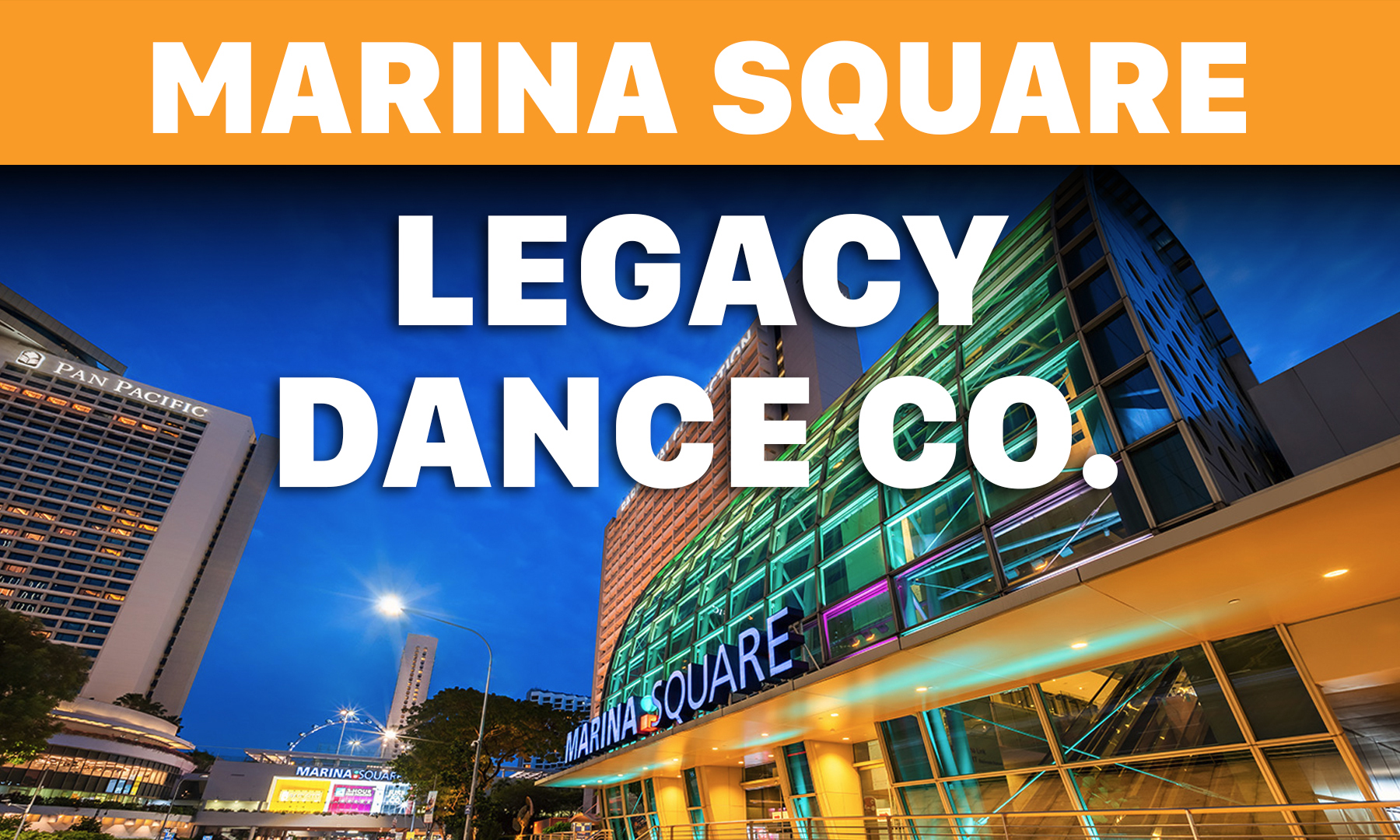
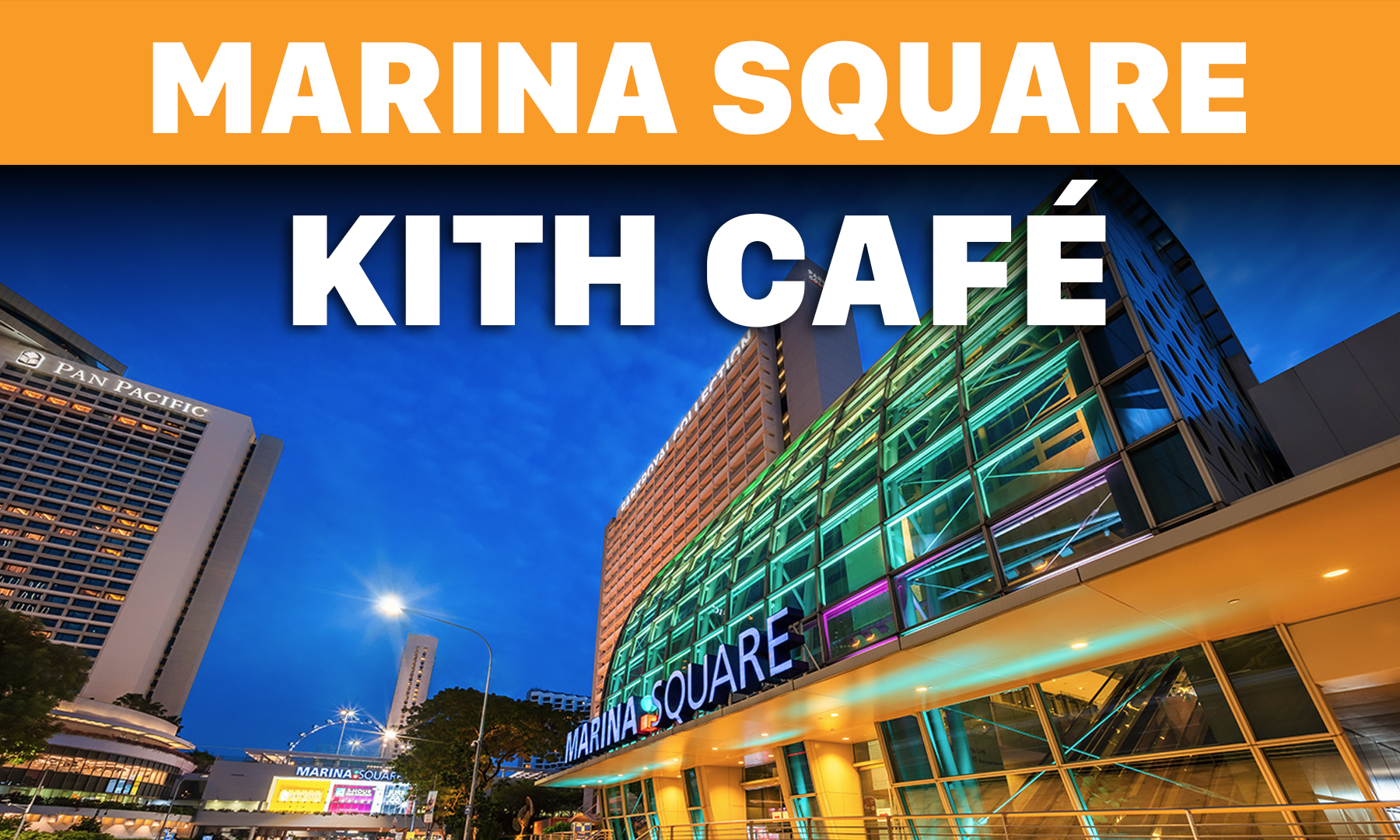
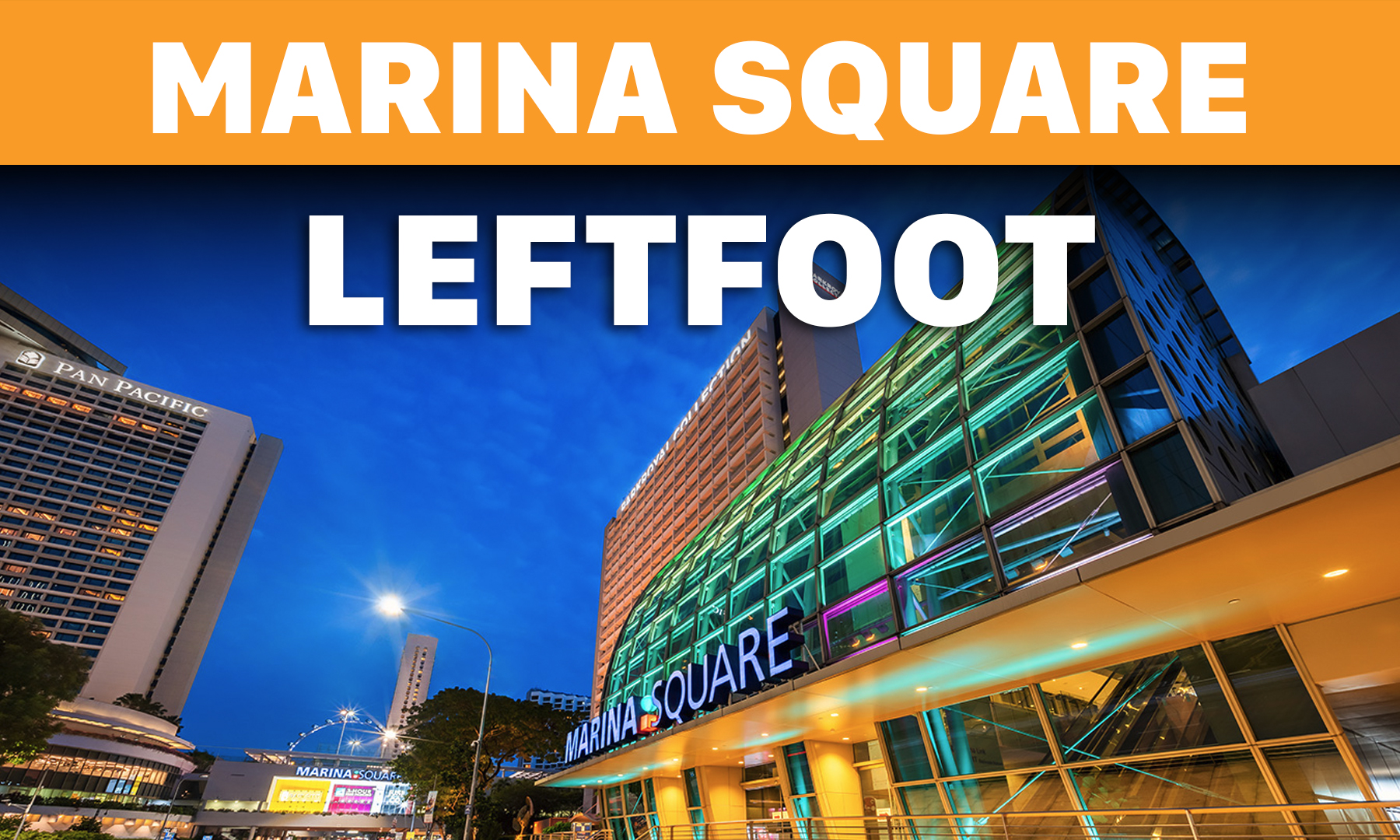










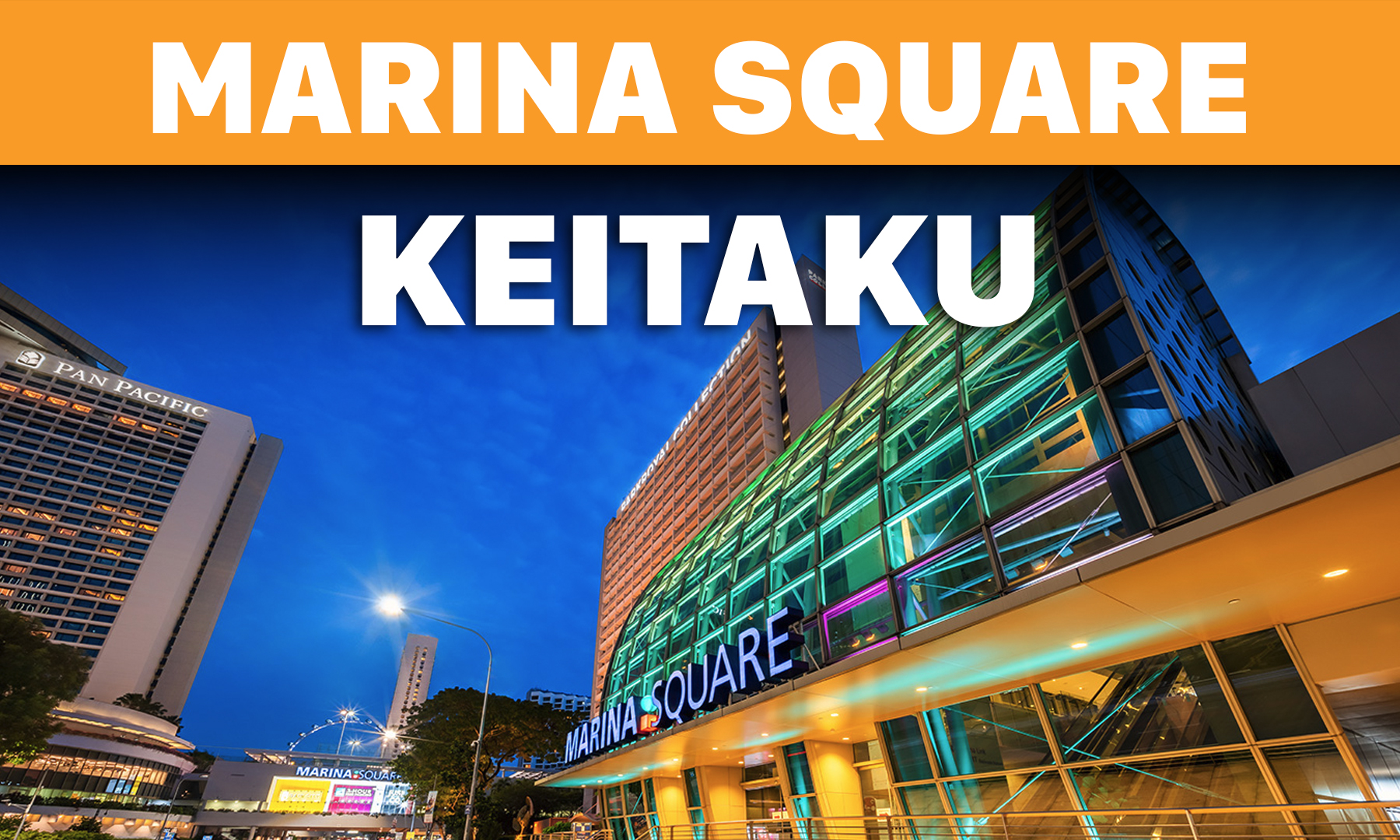

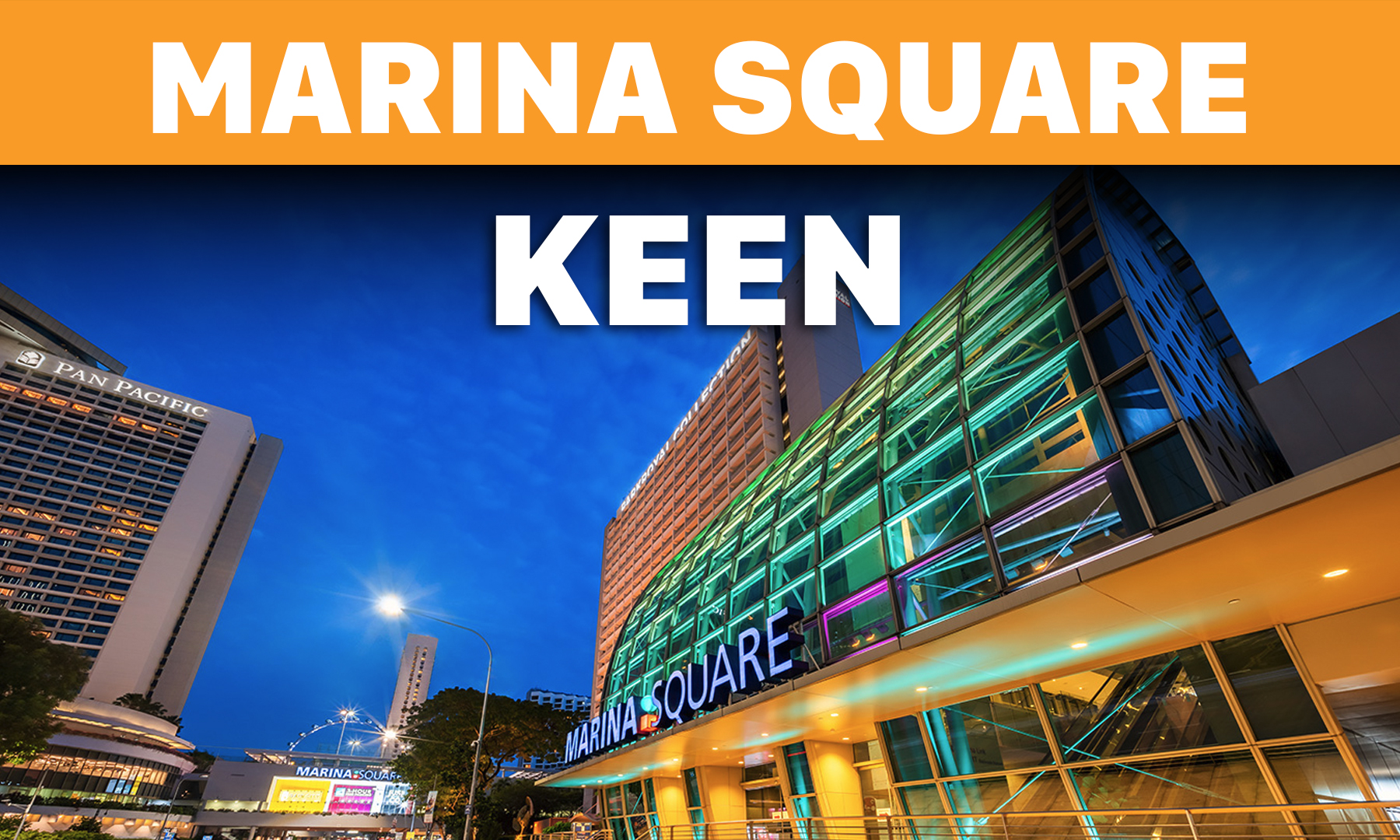





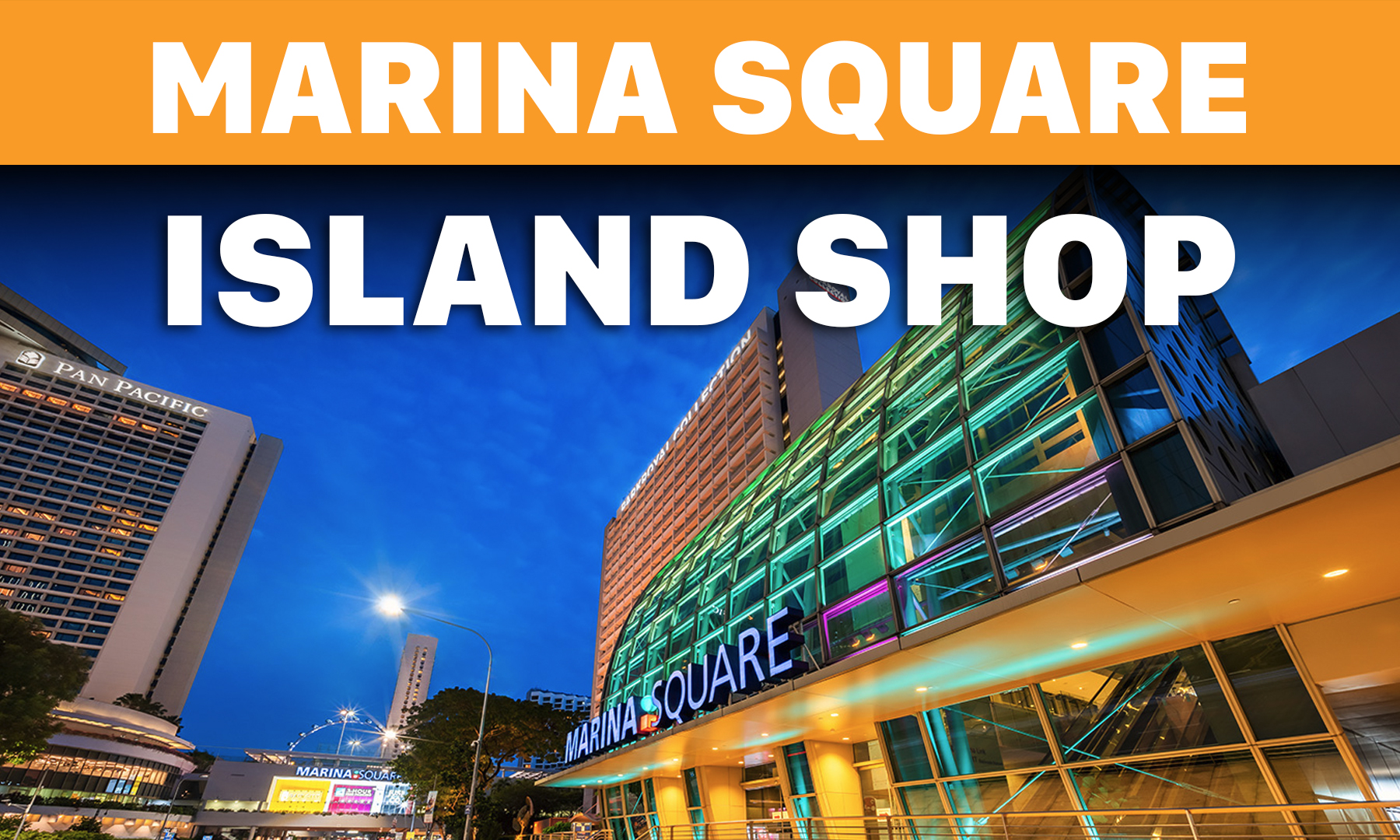






.jpg)


